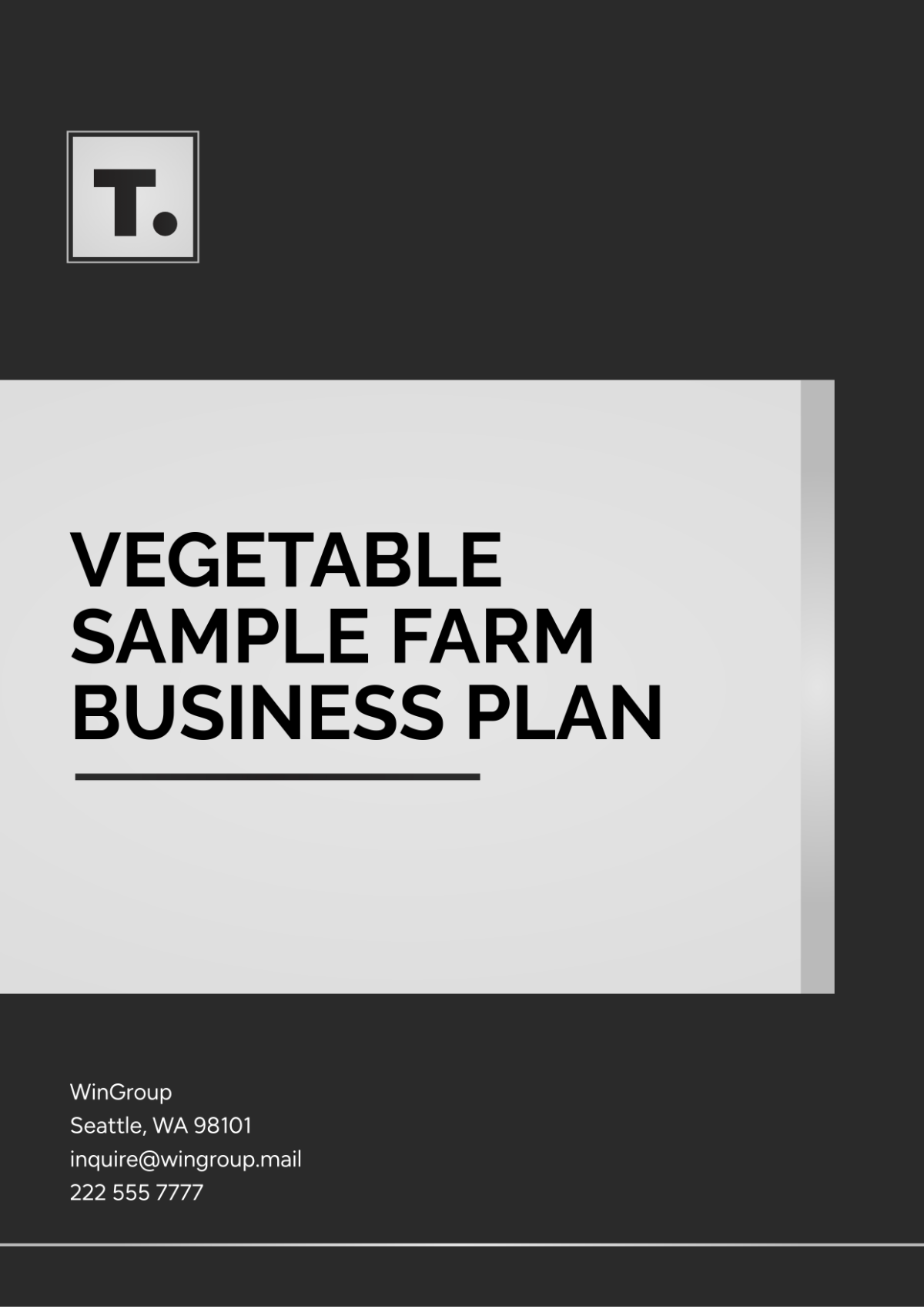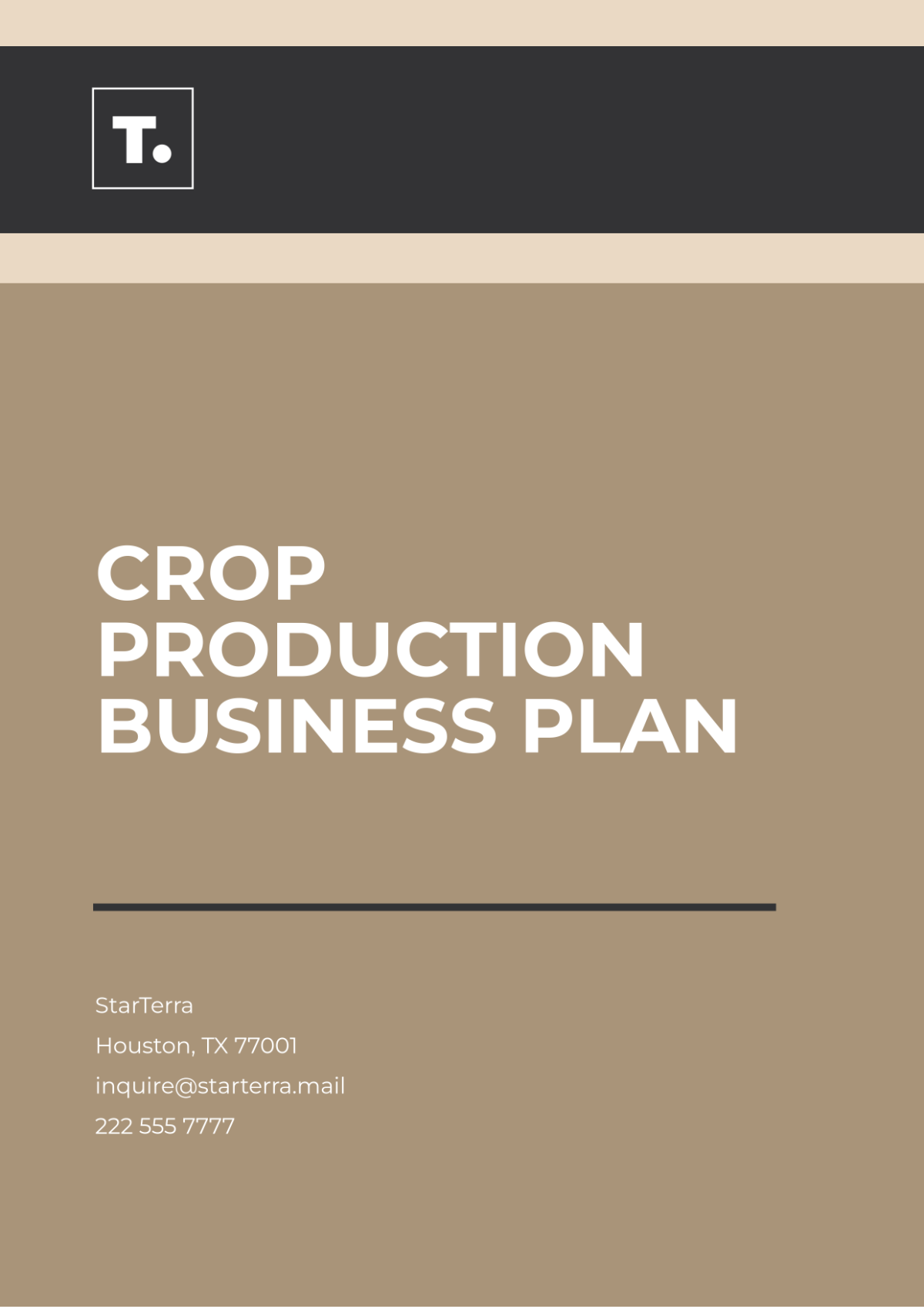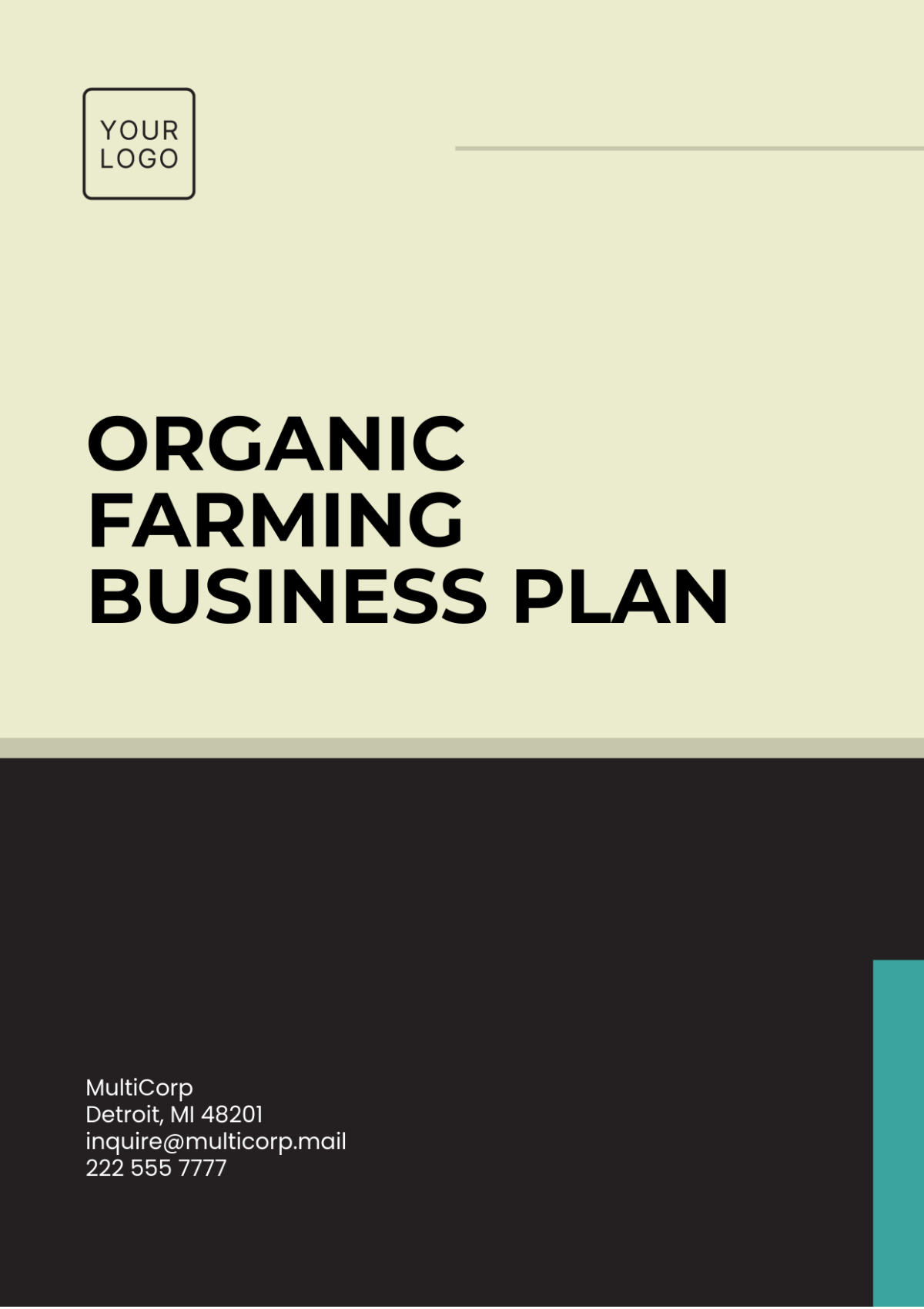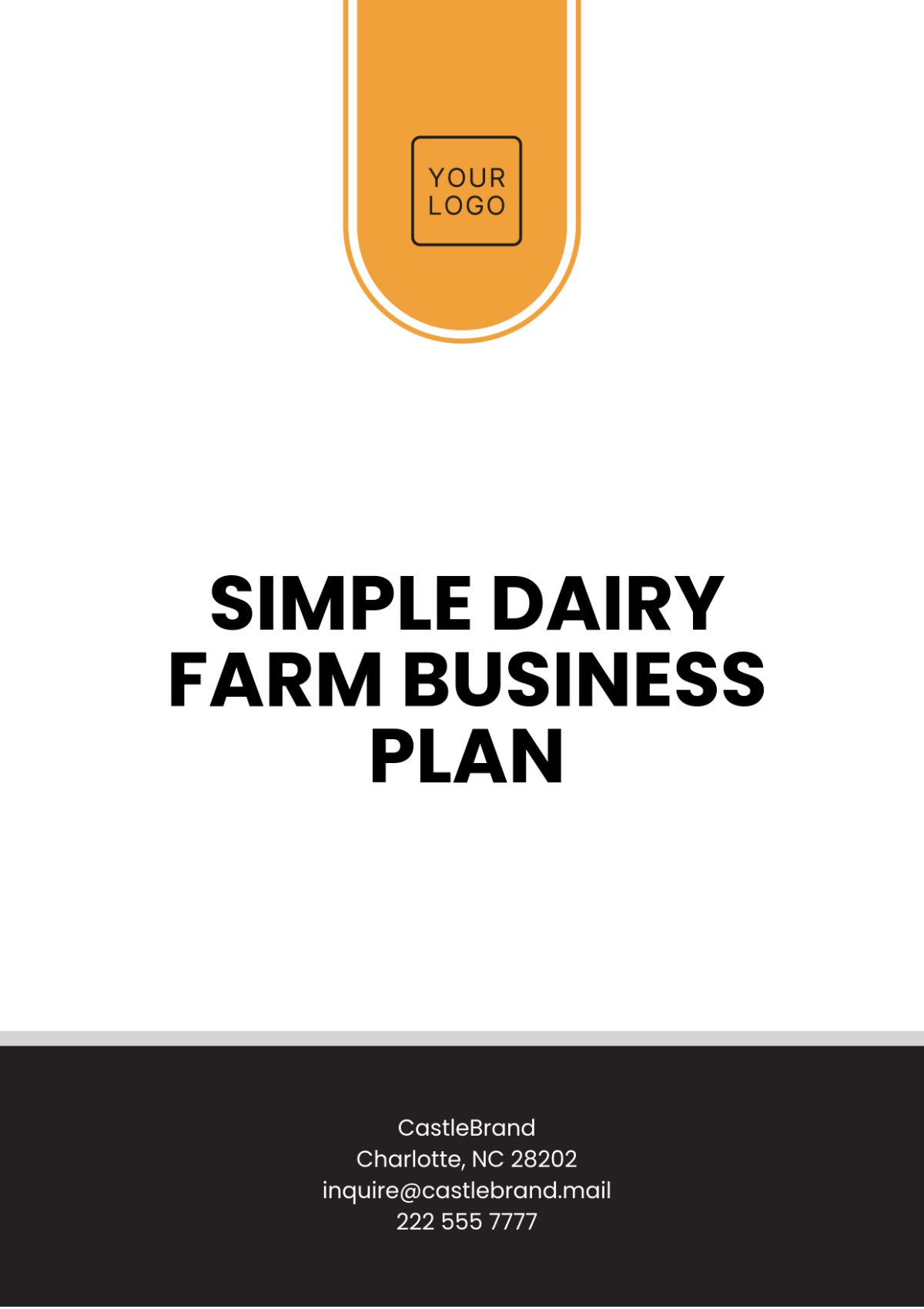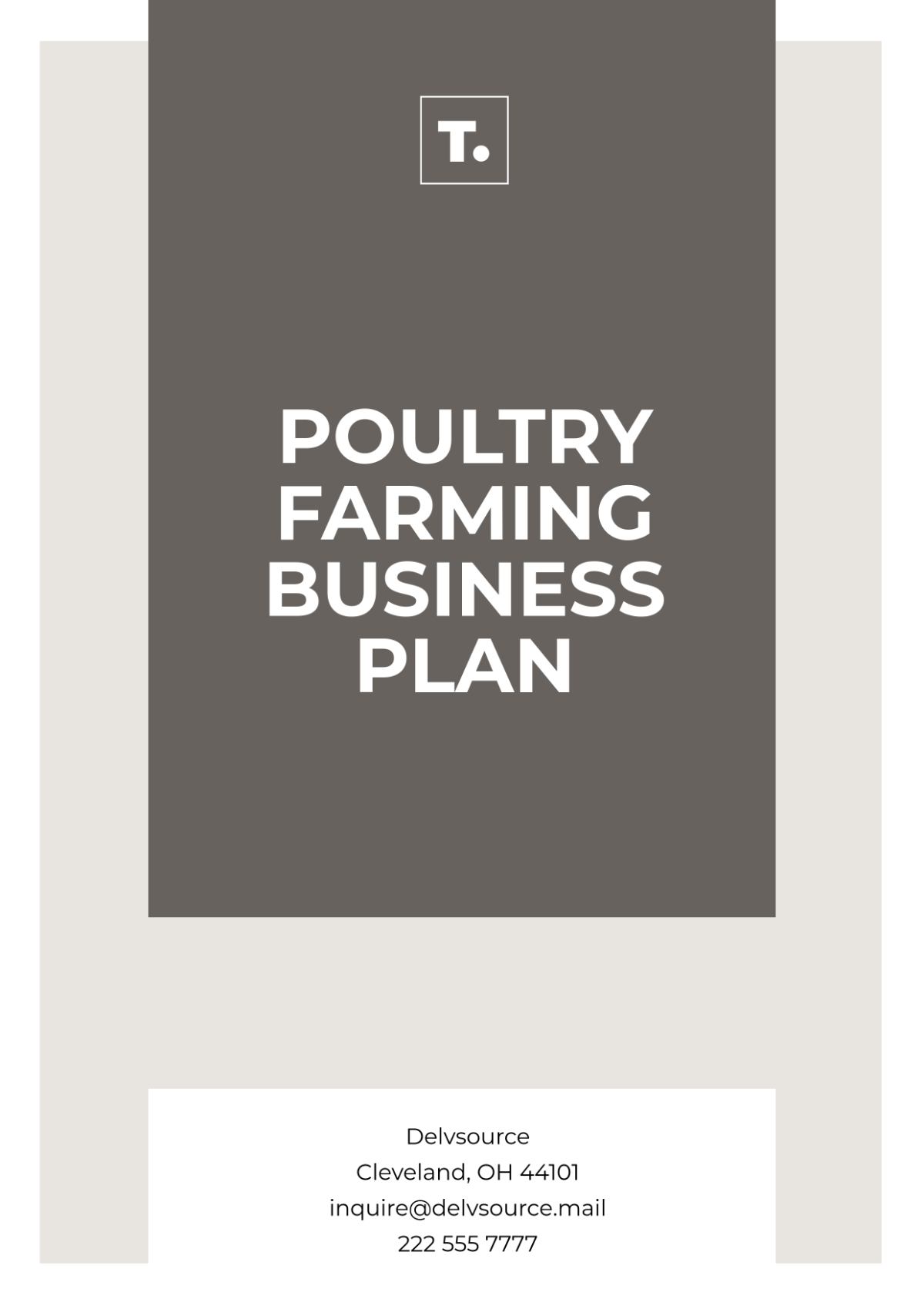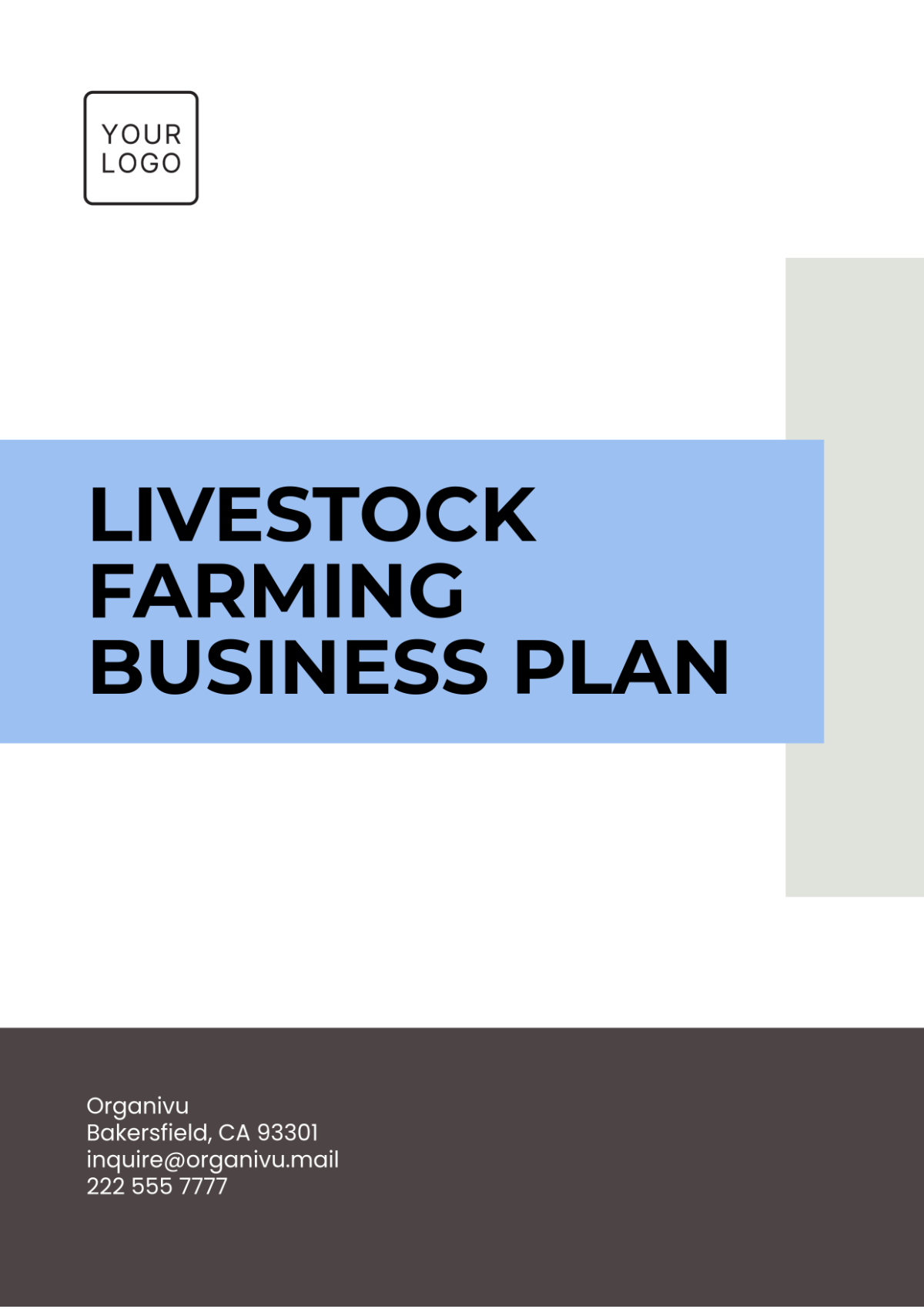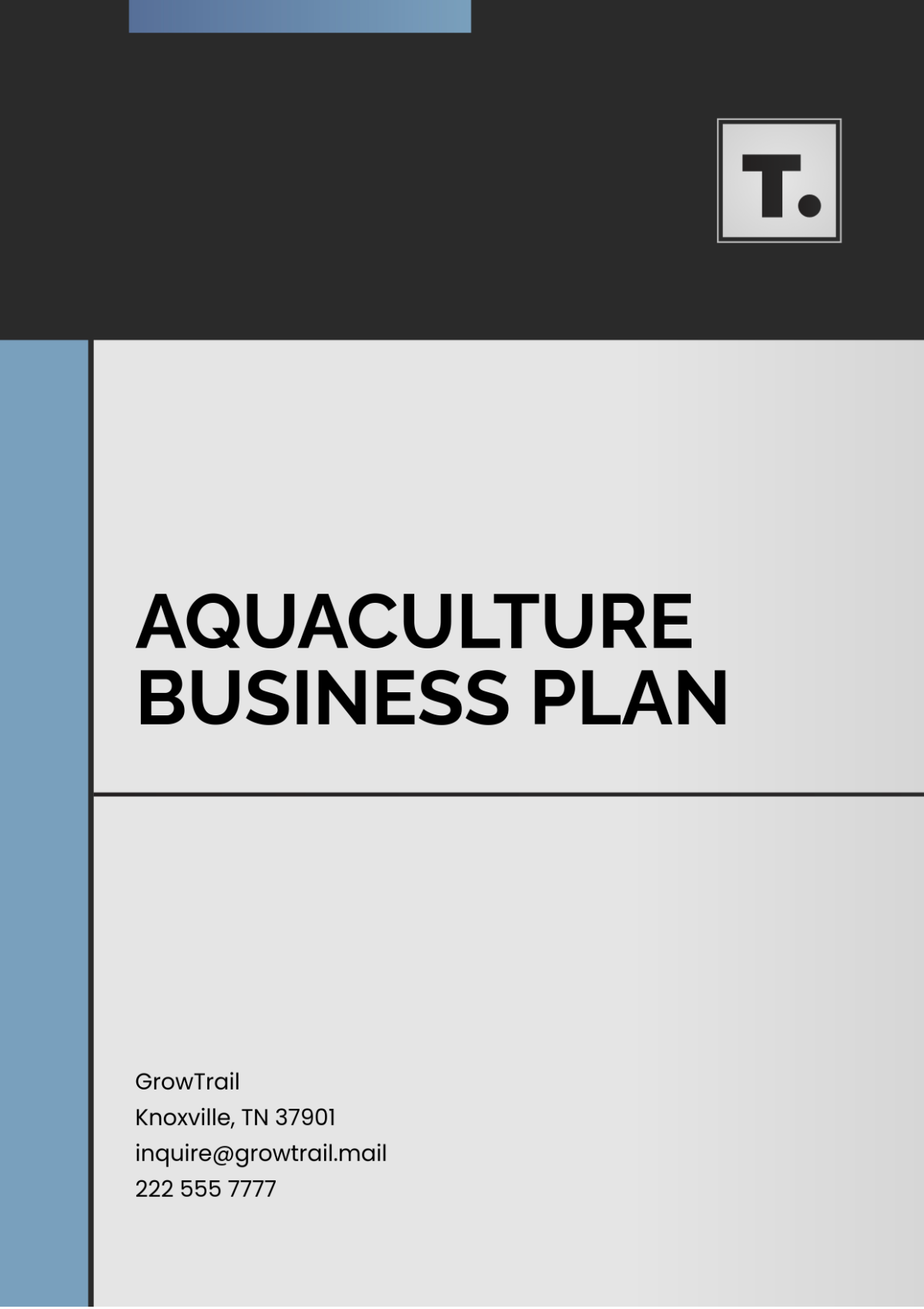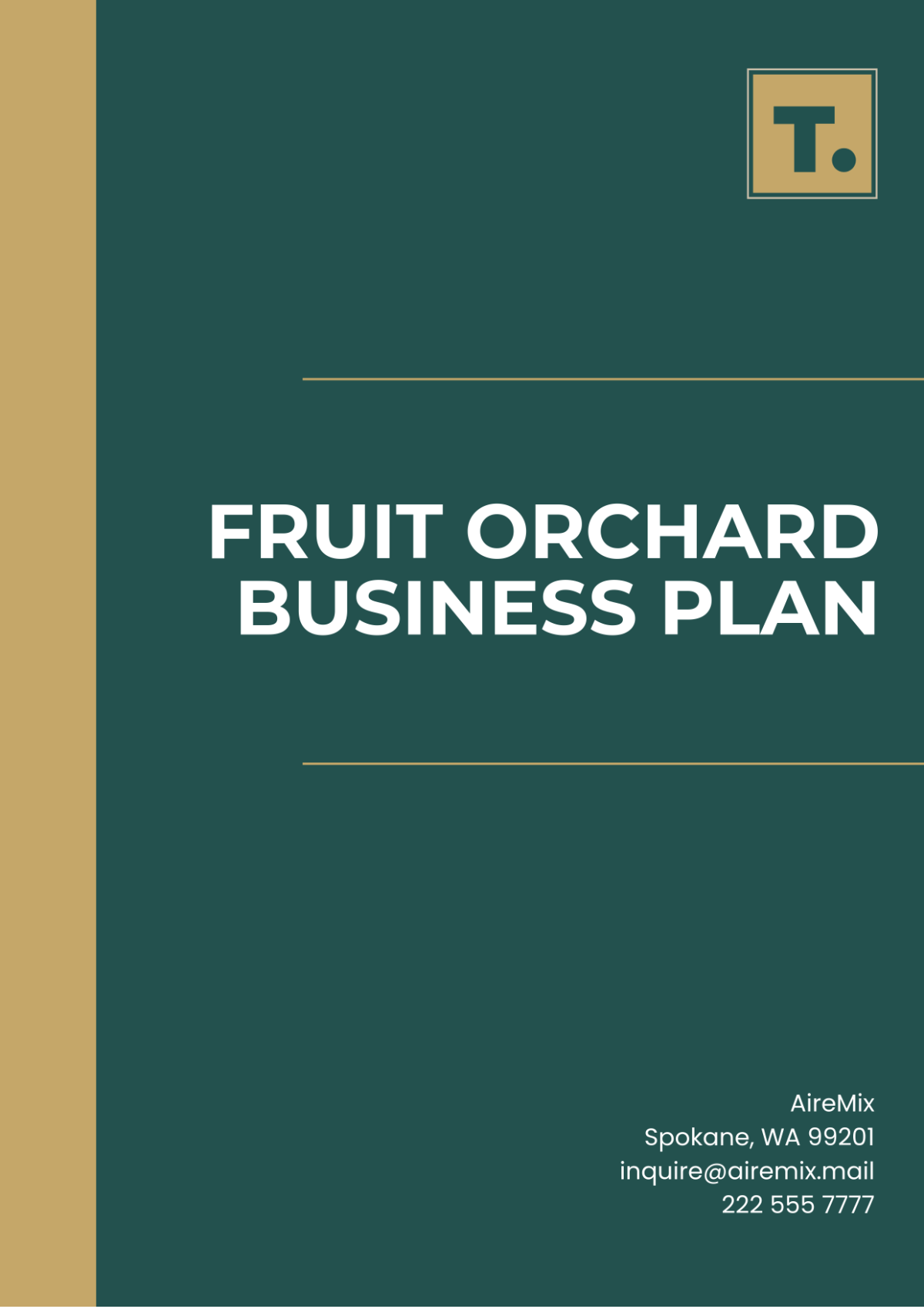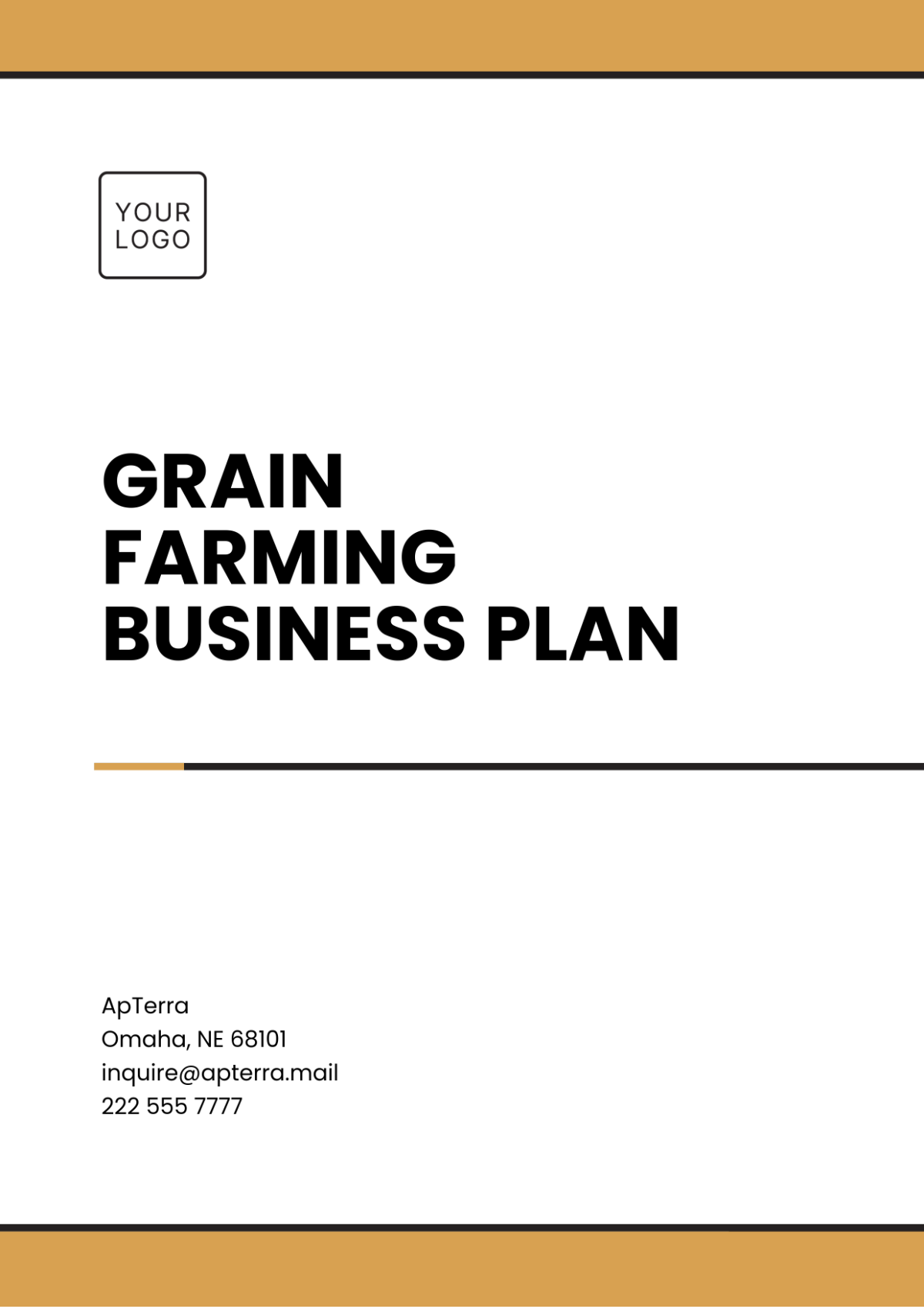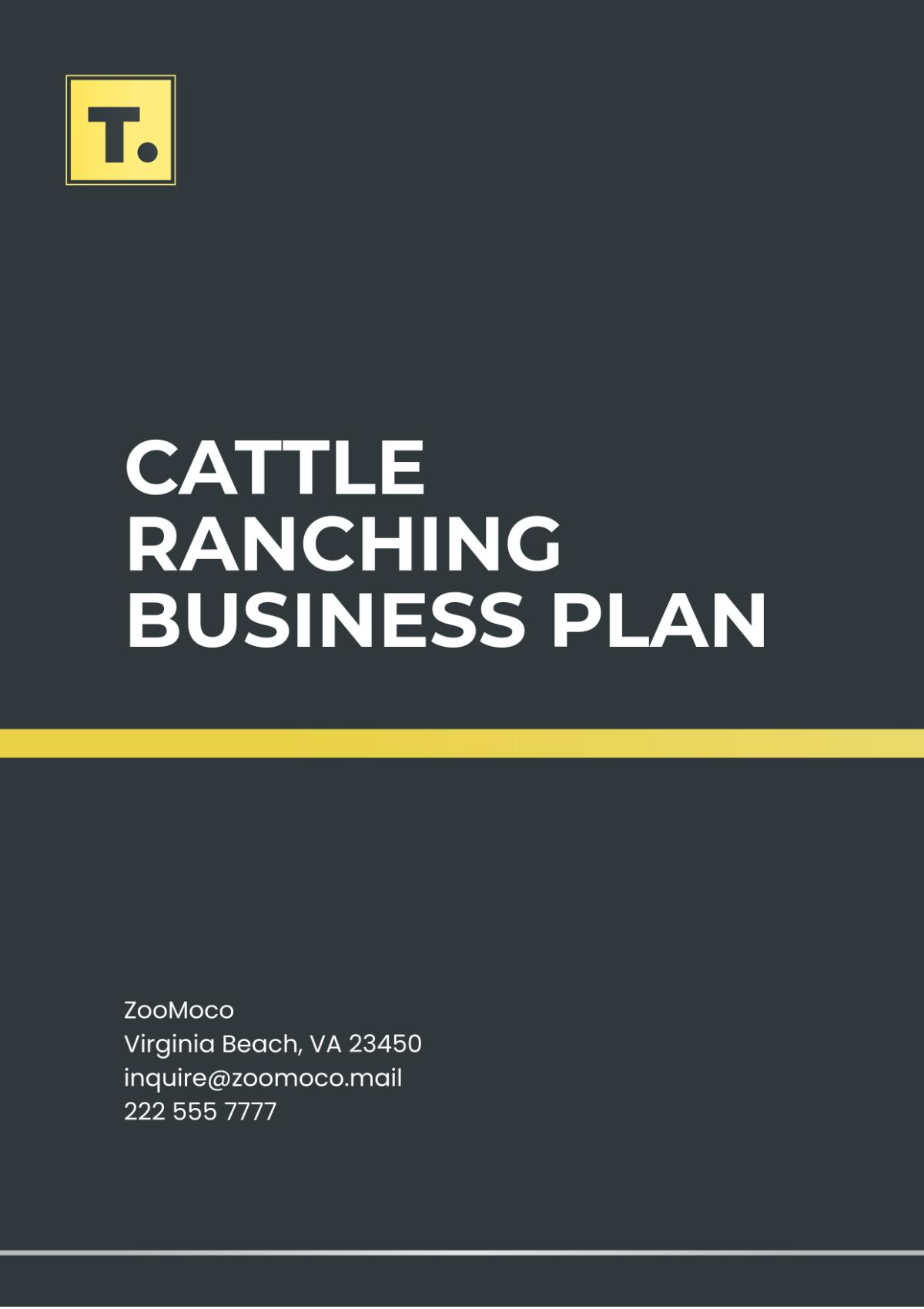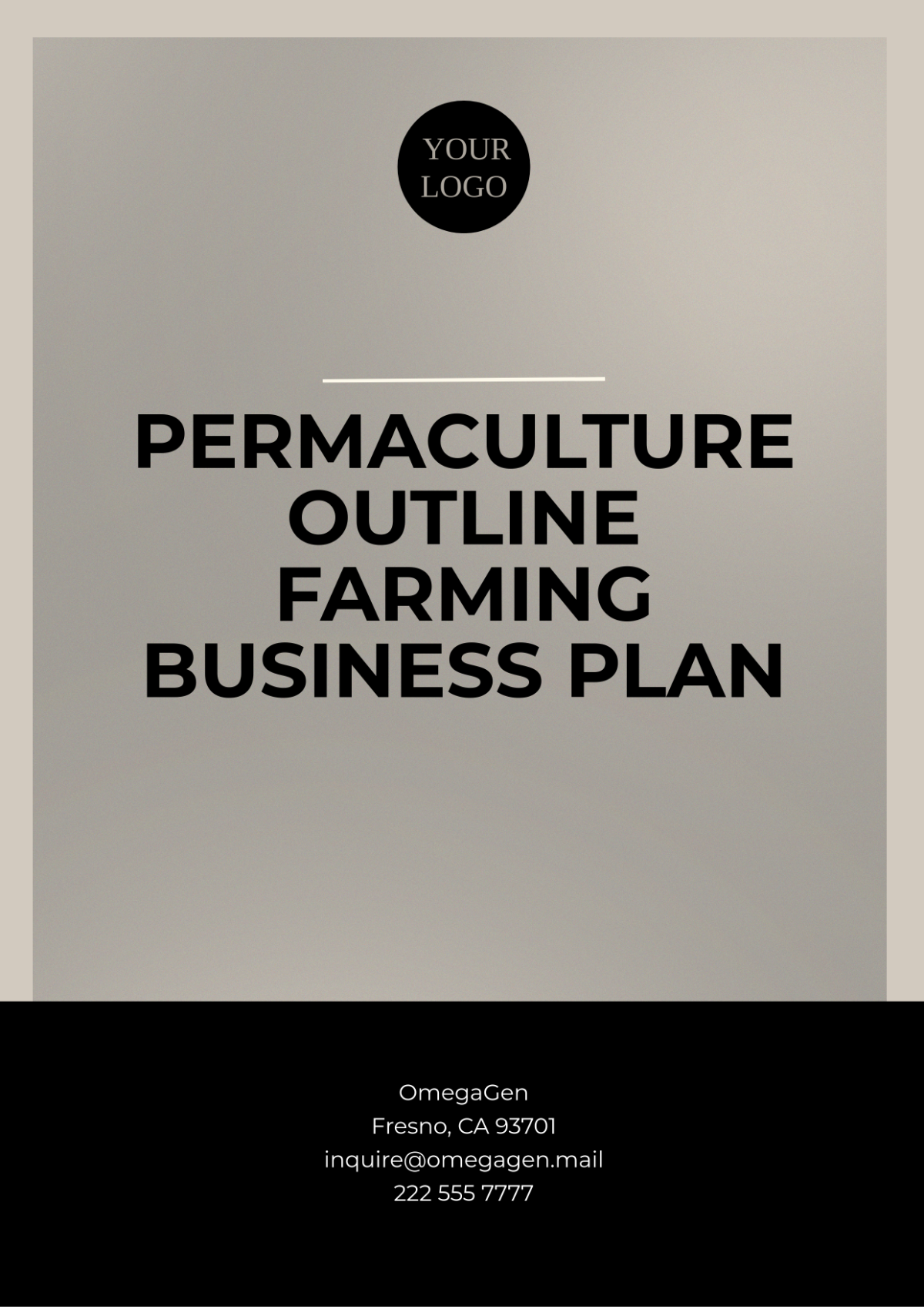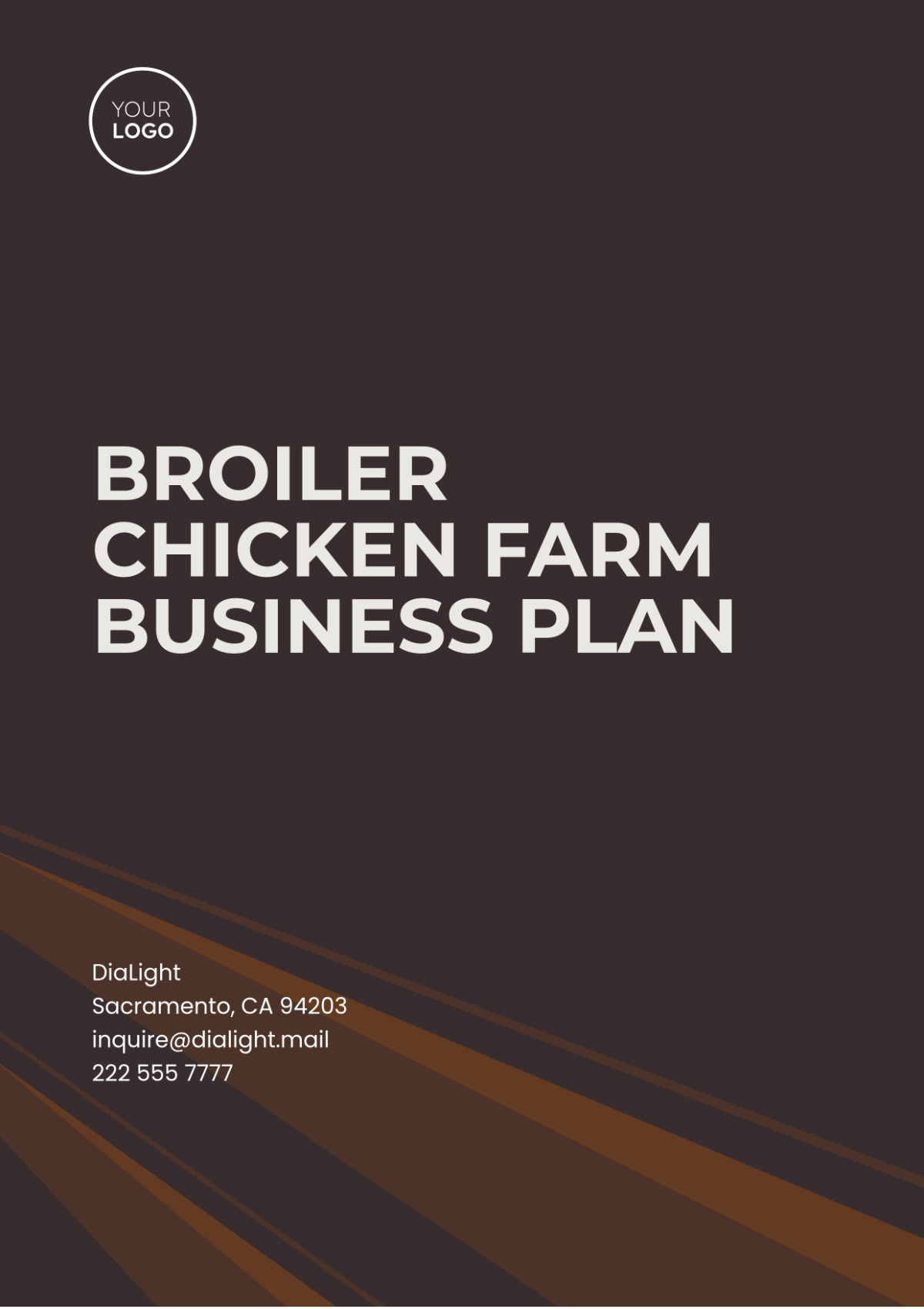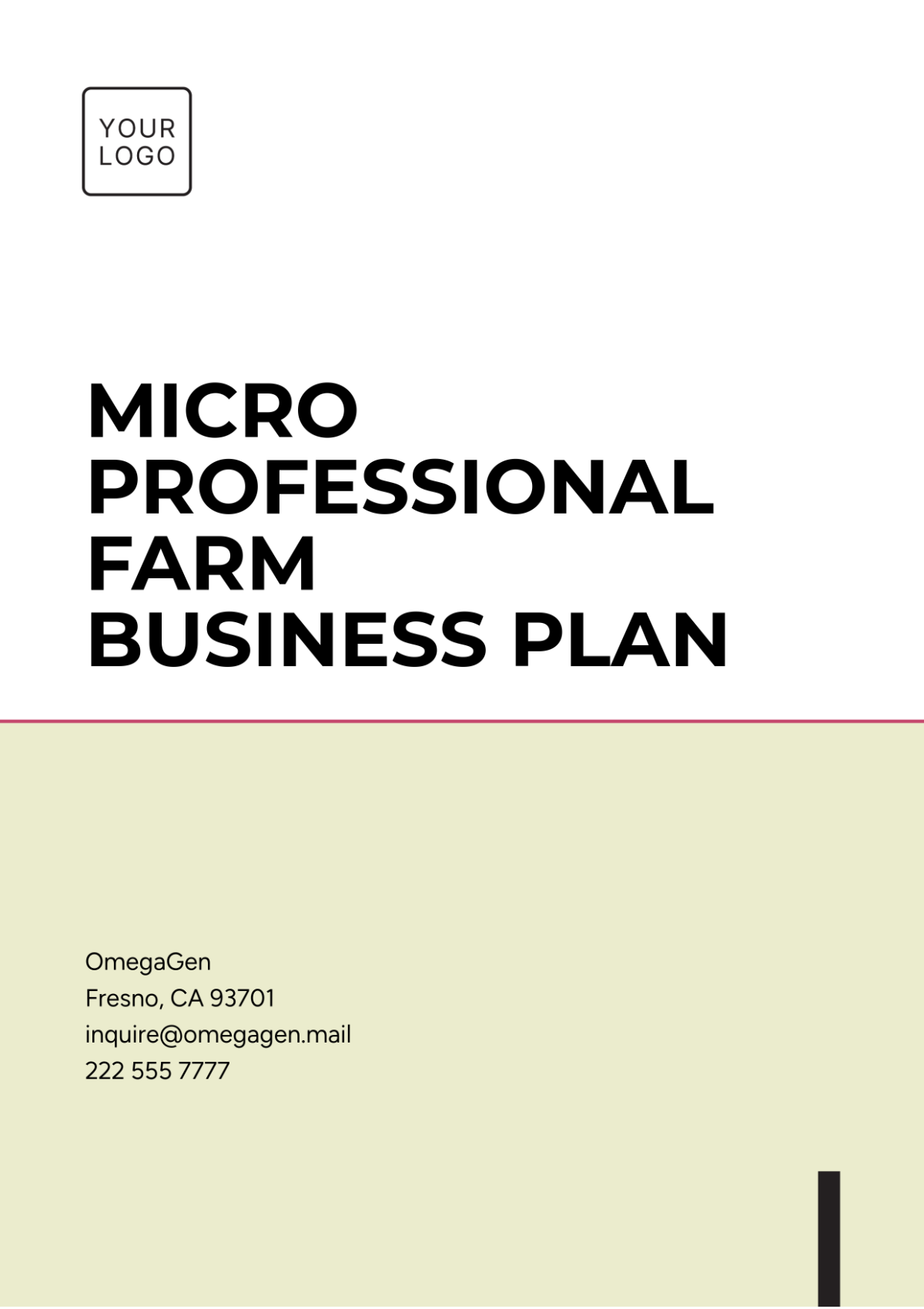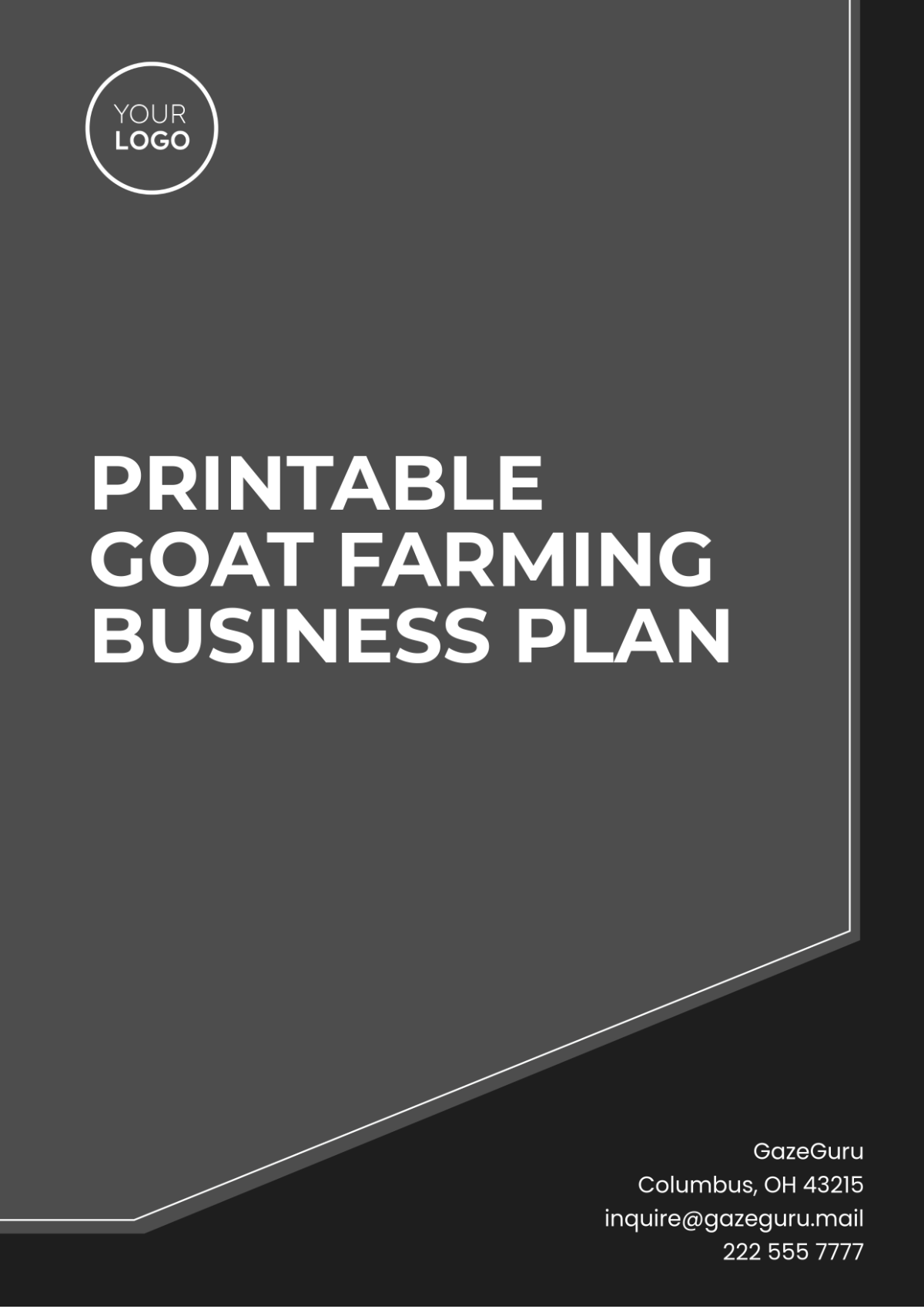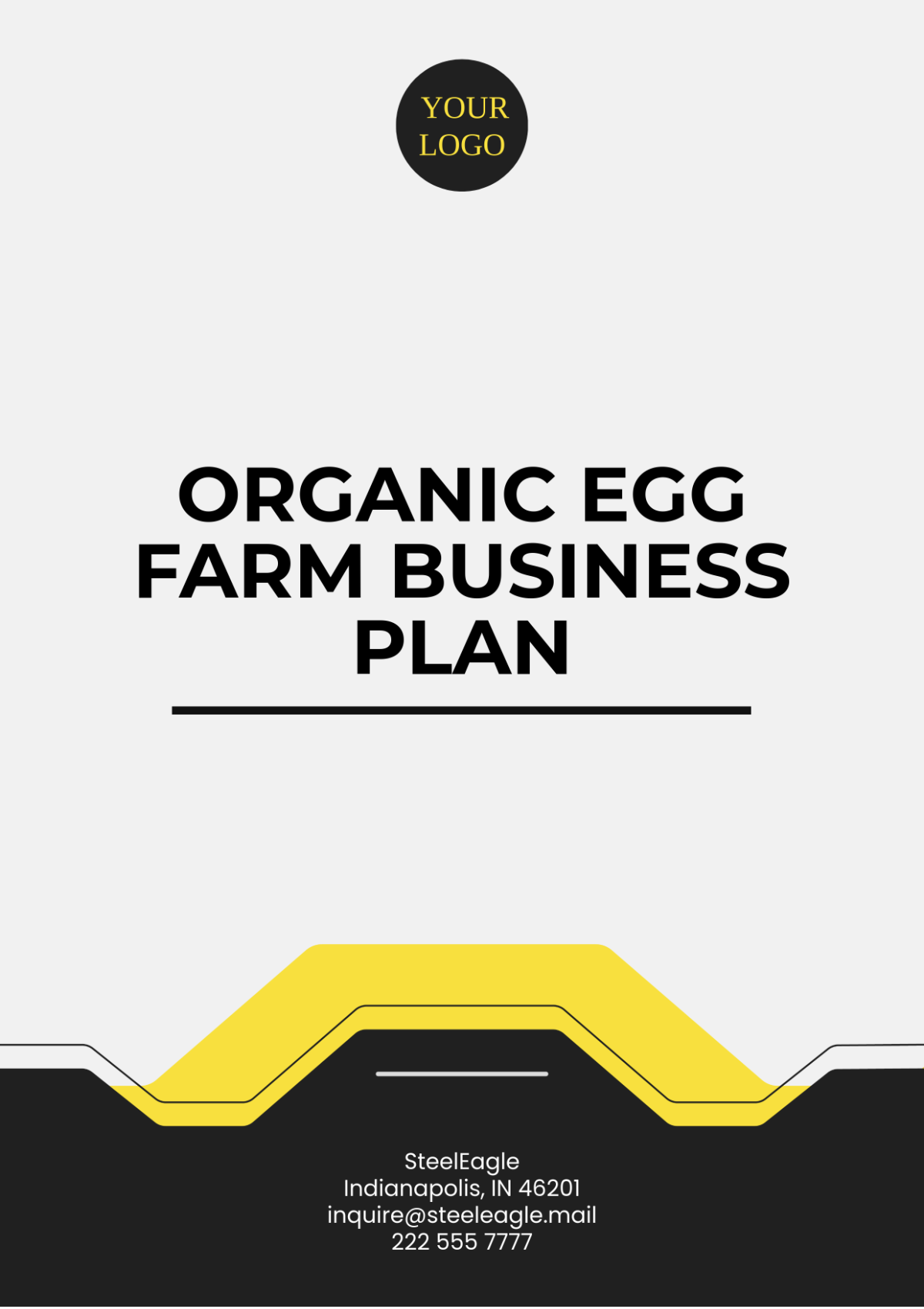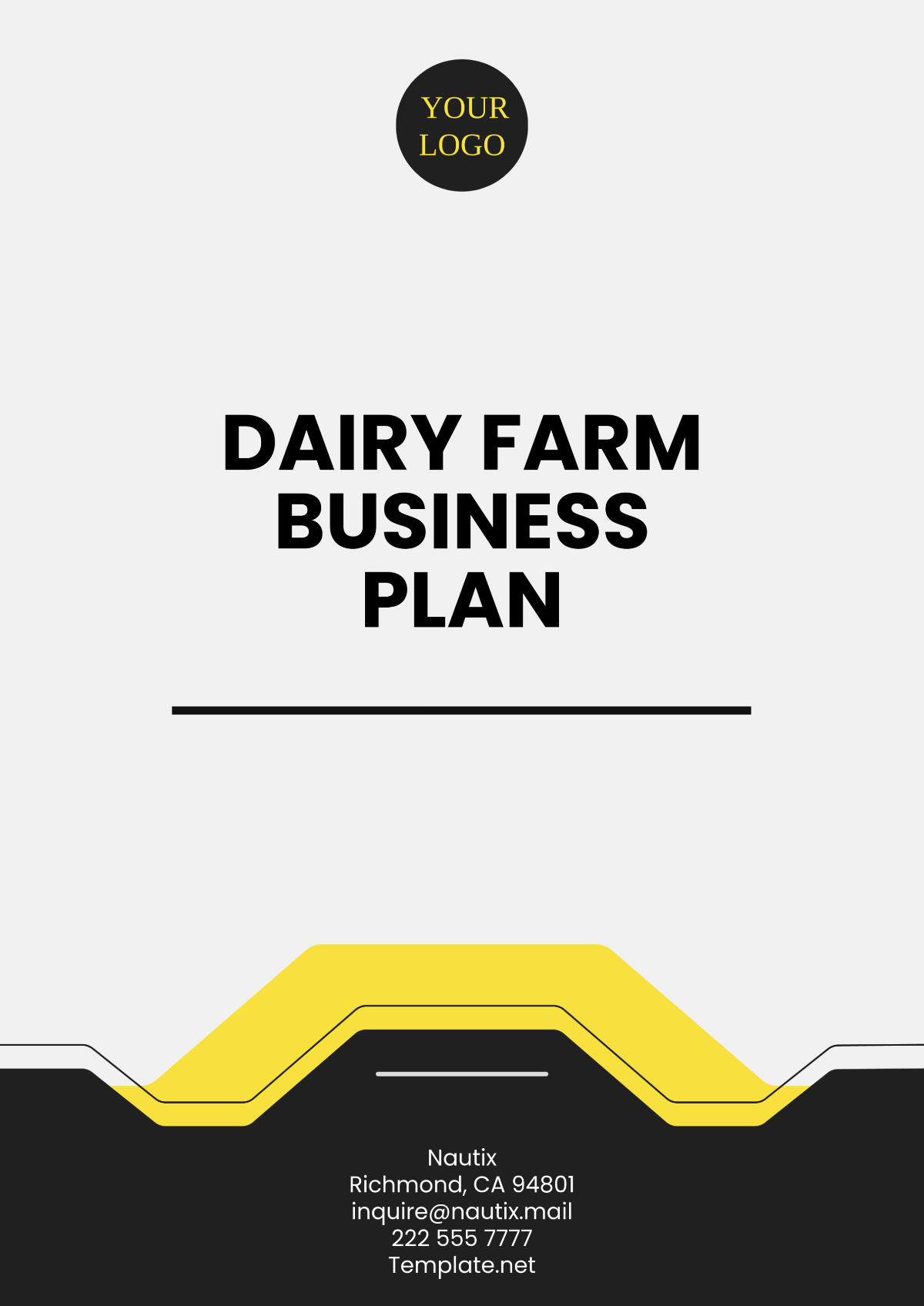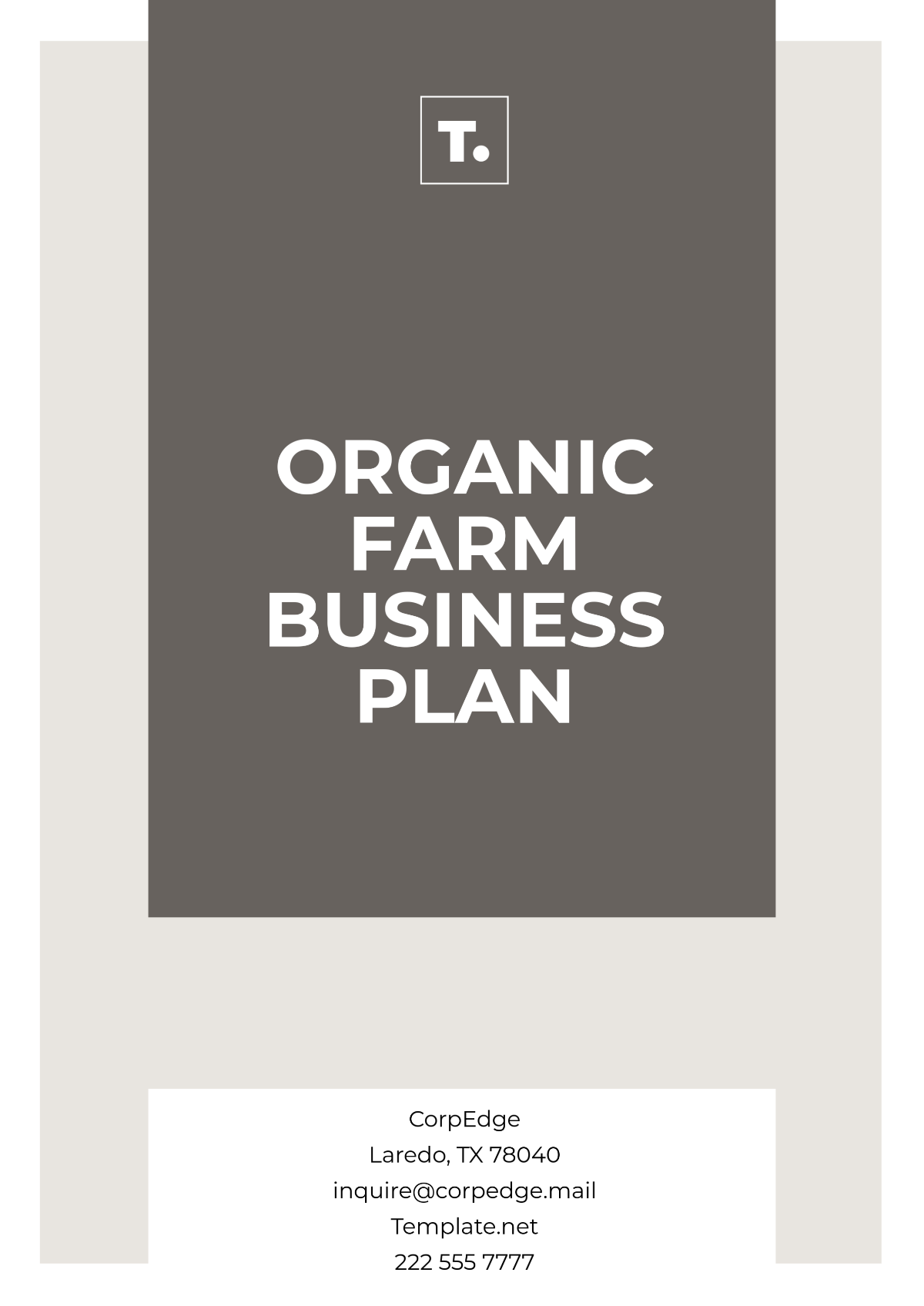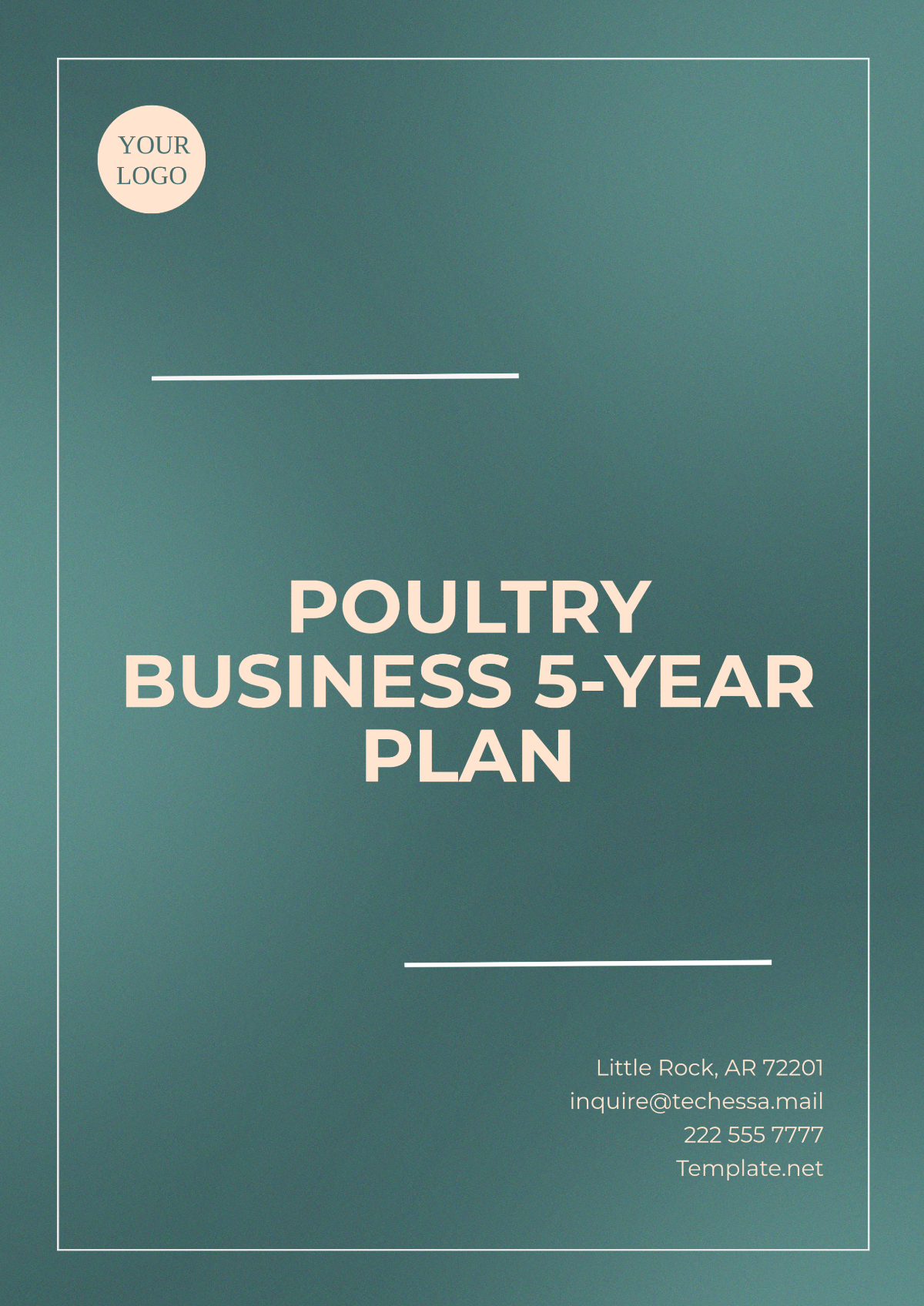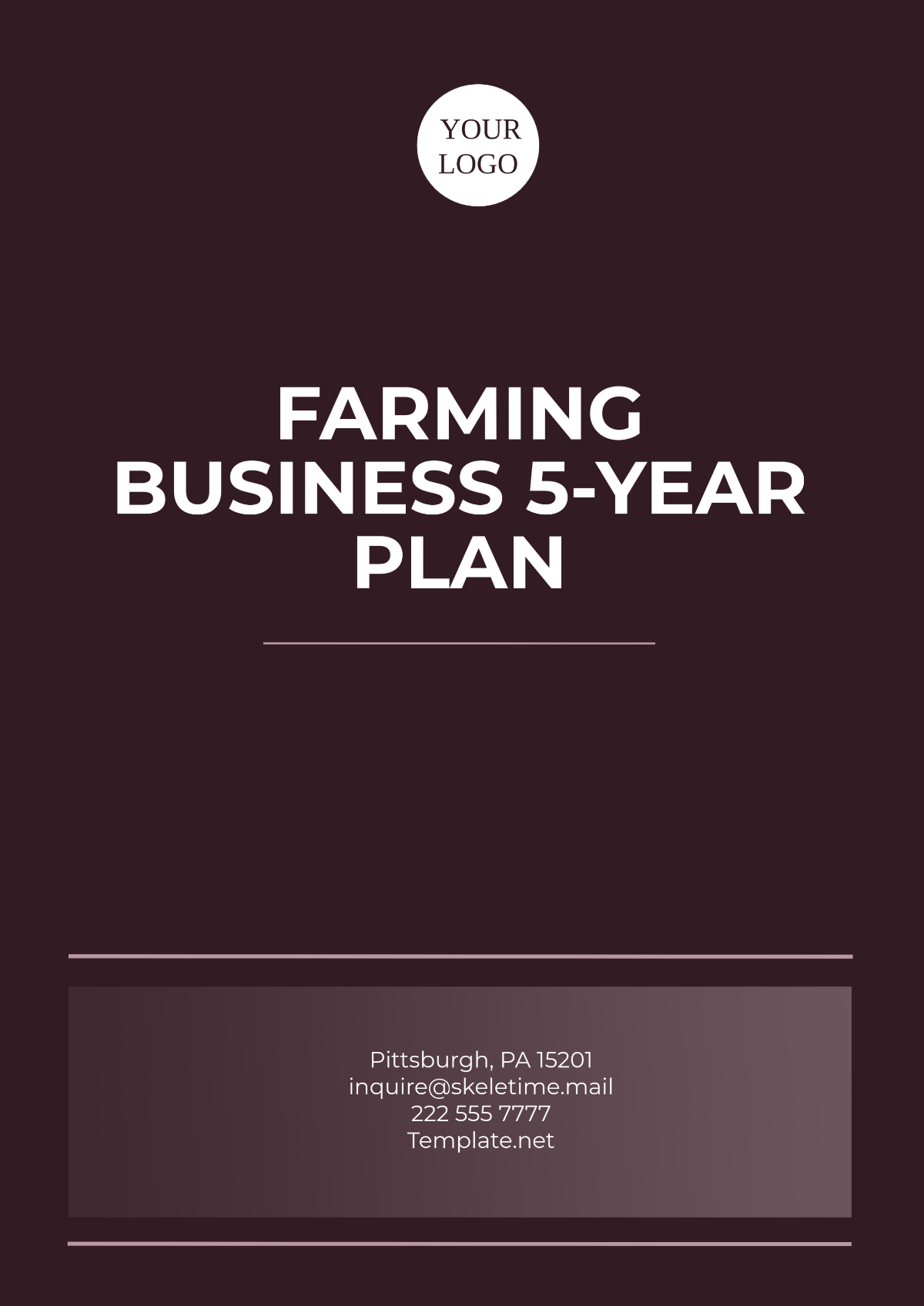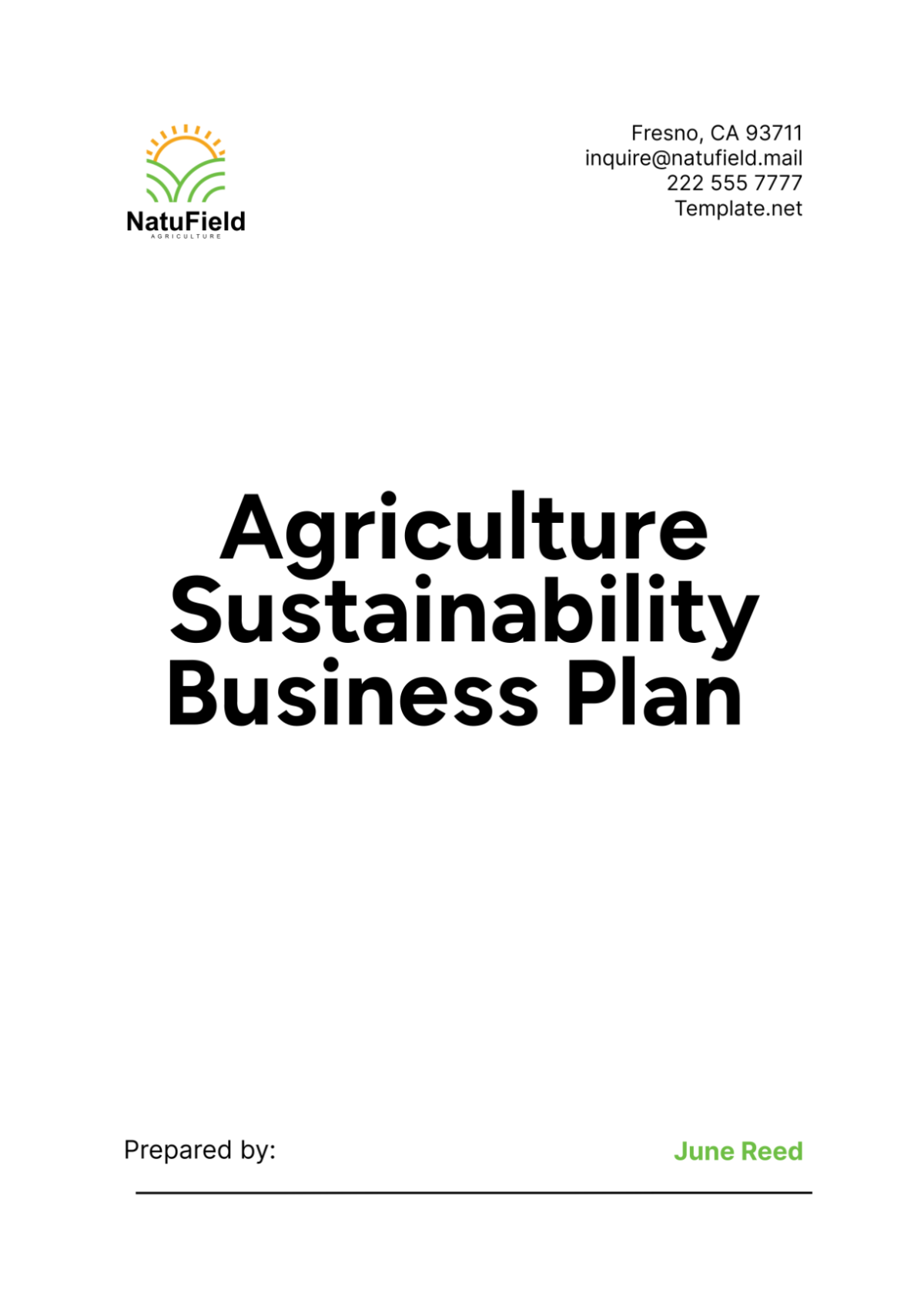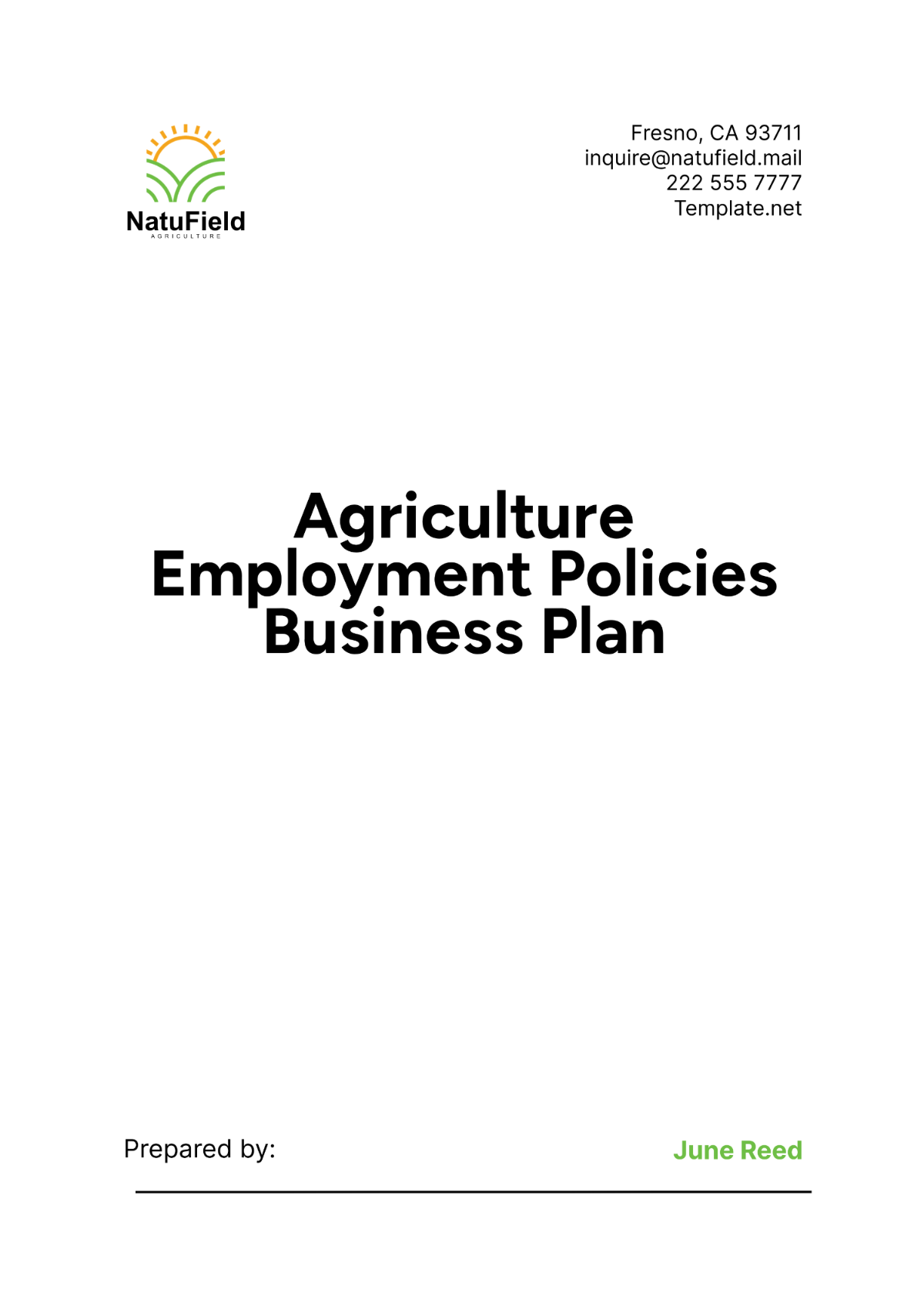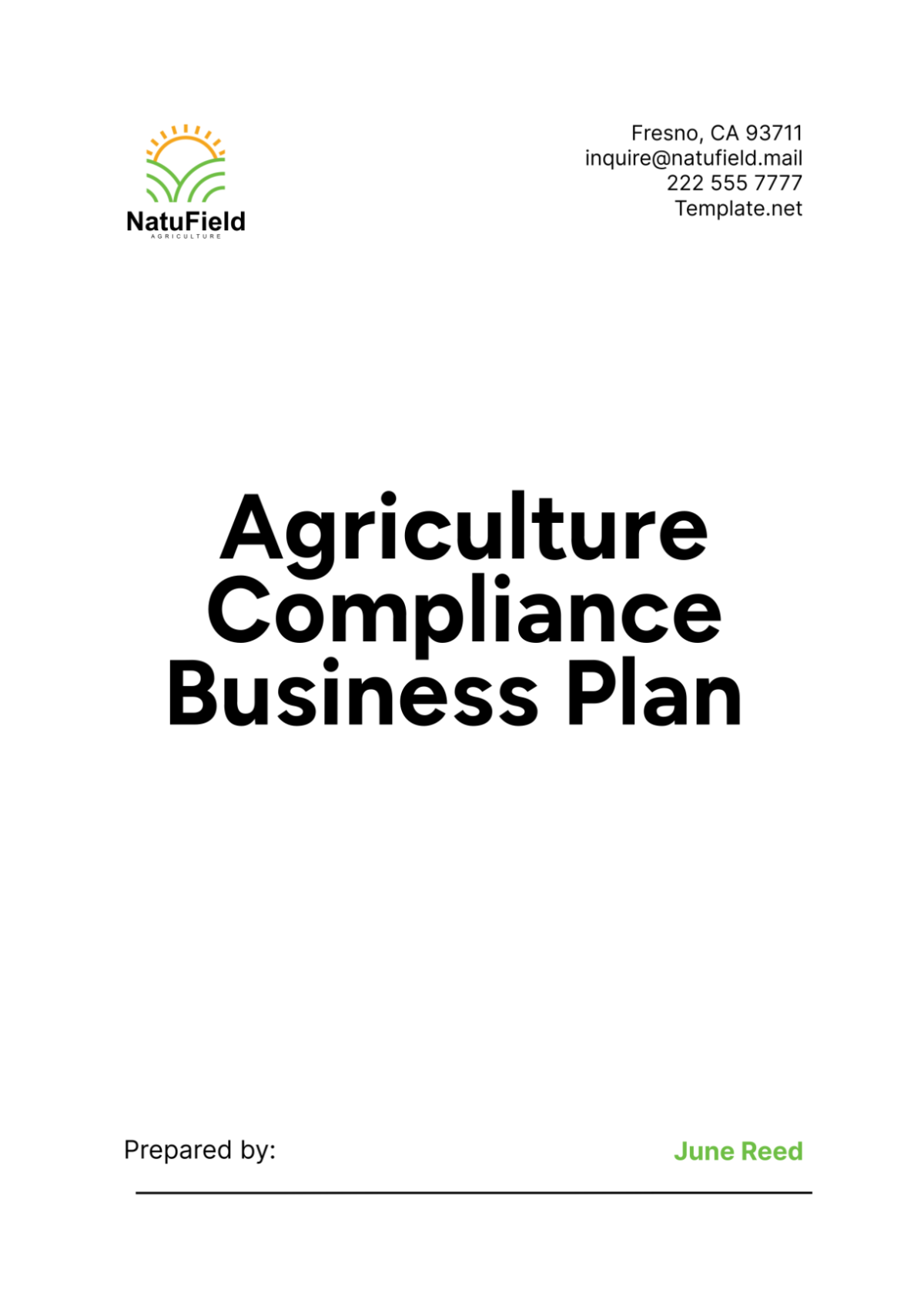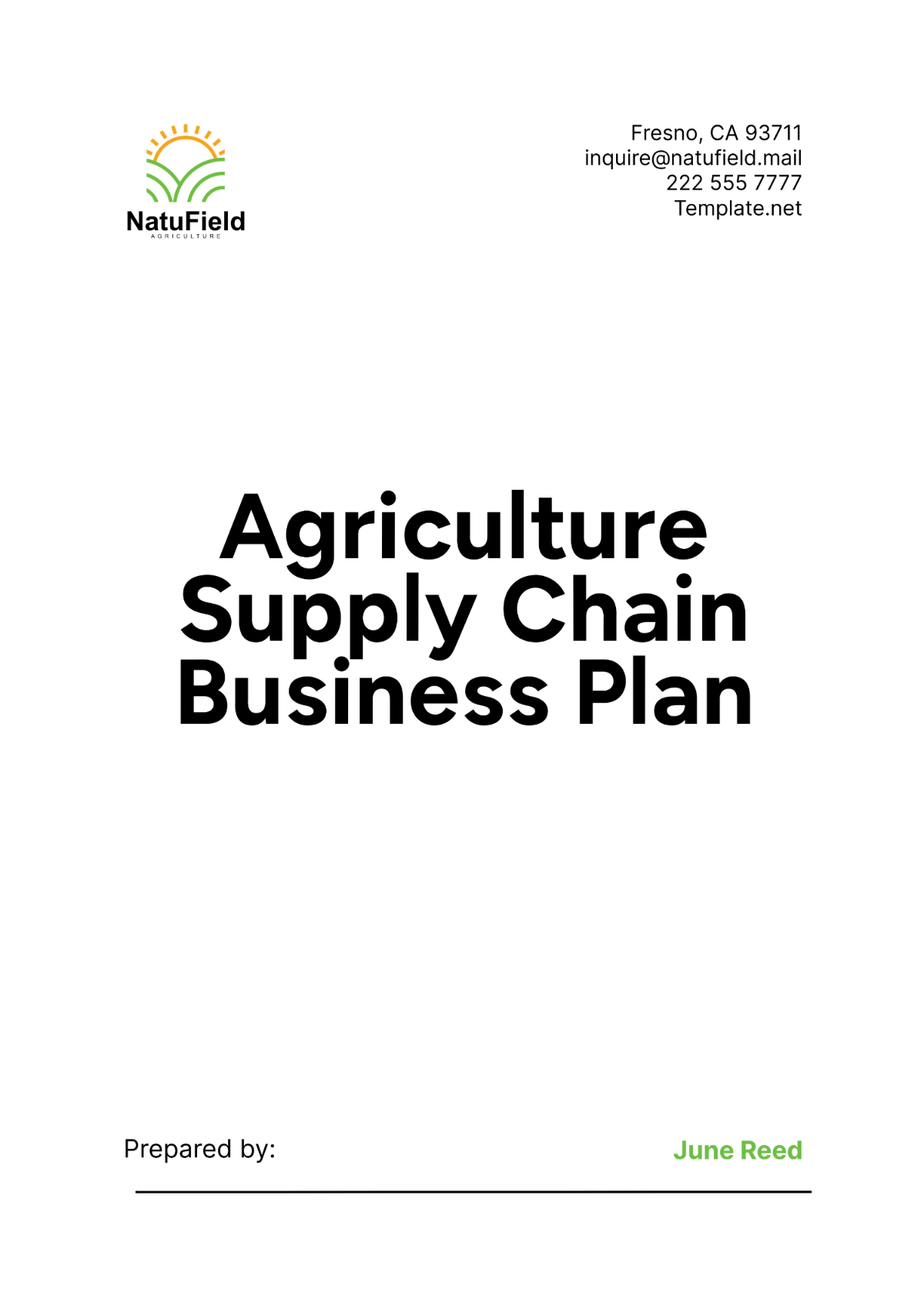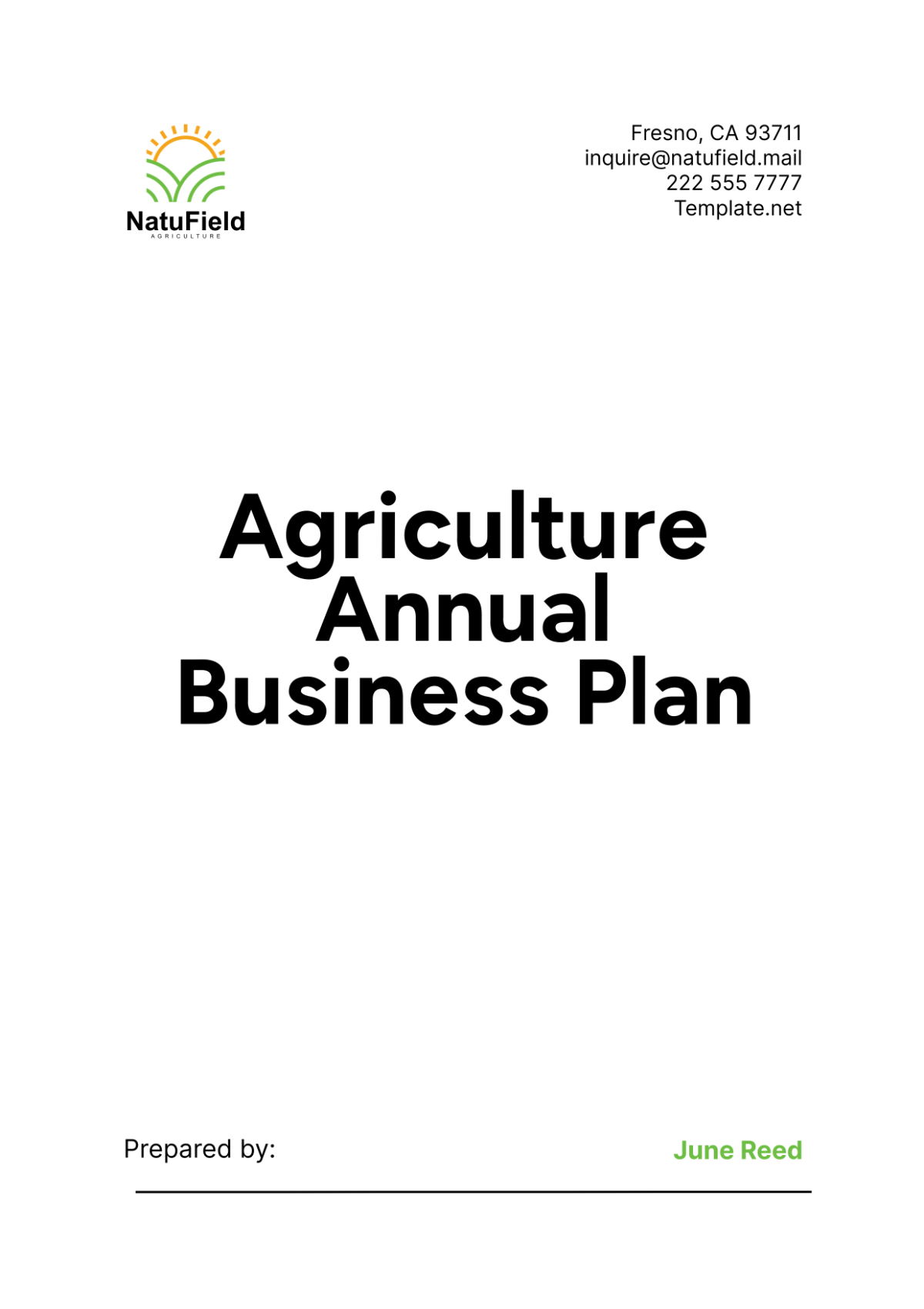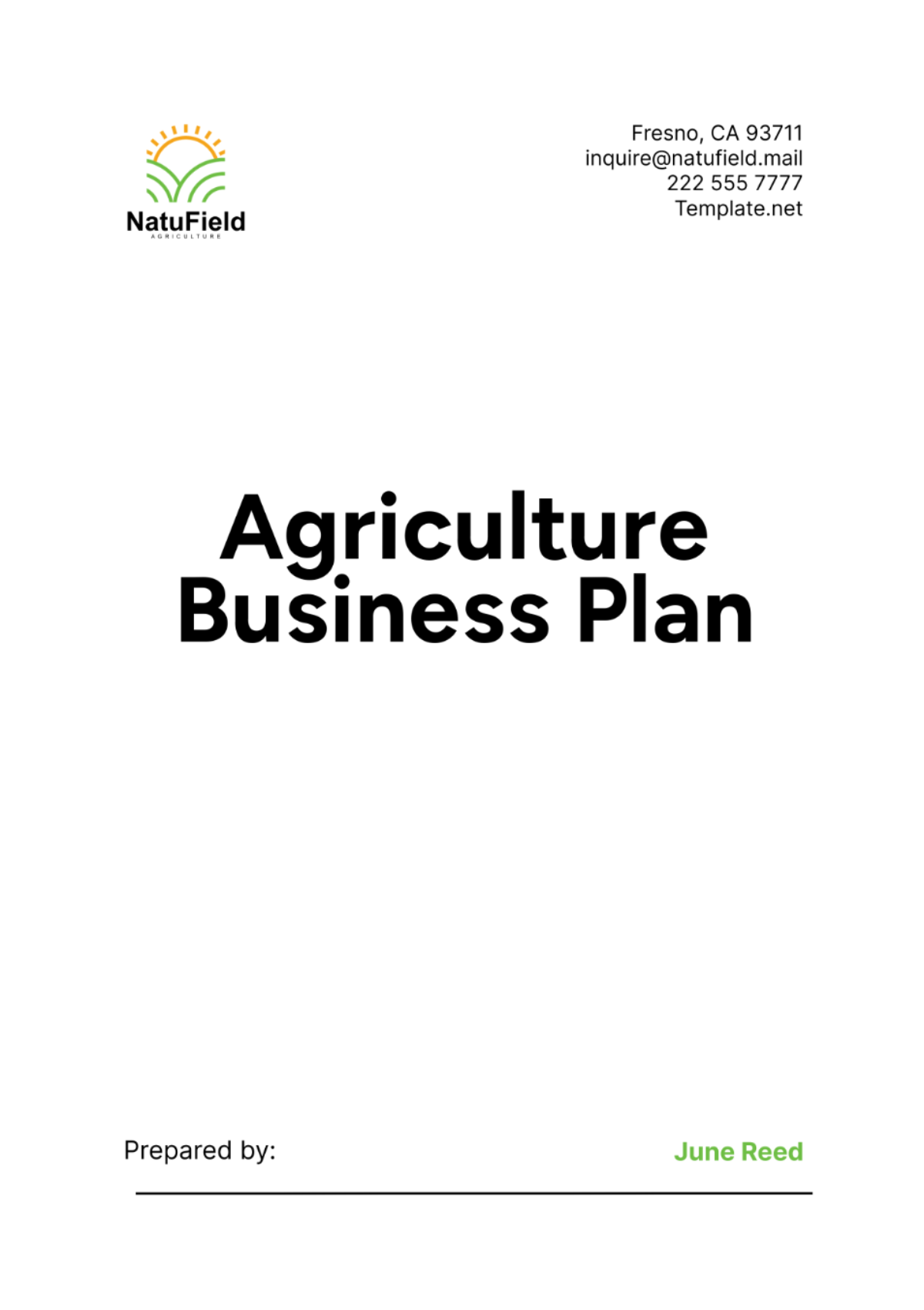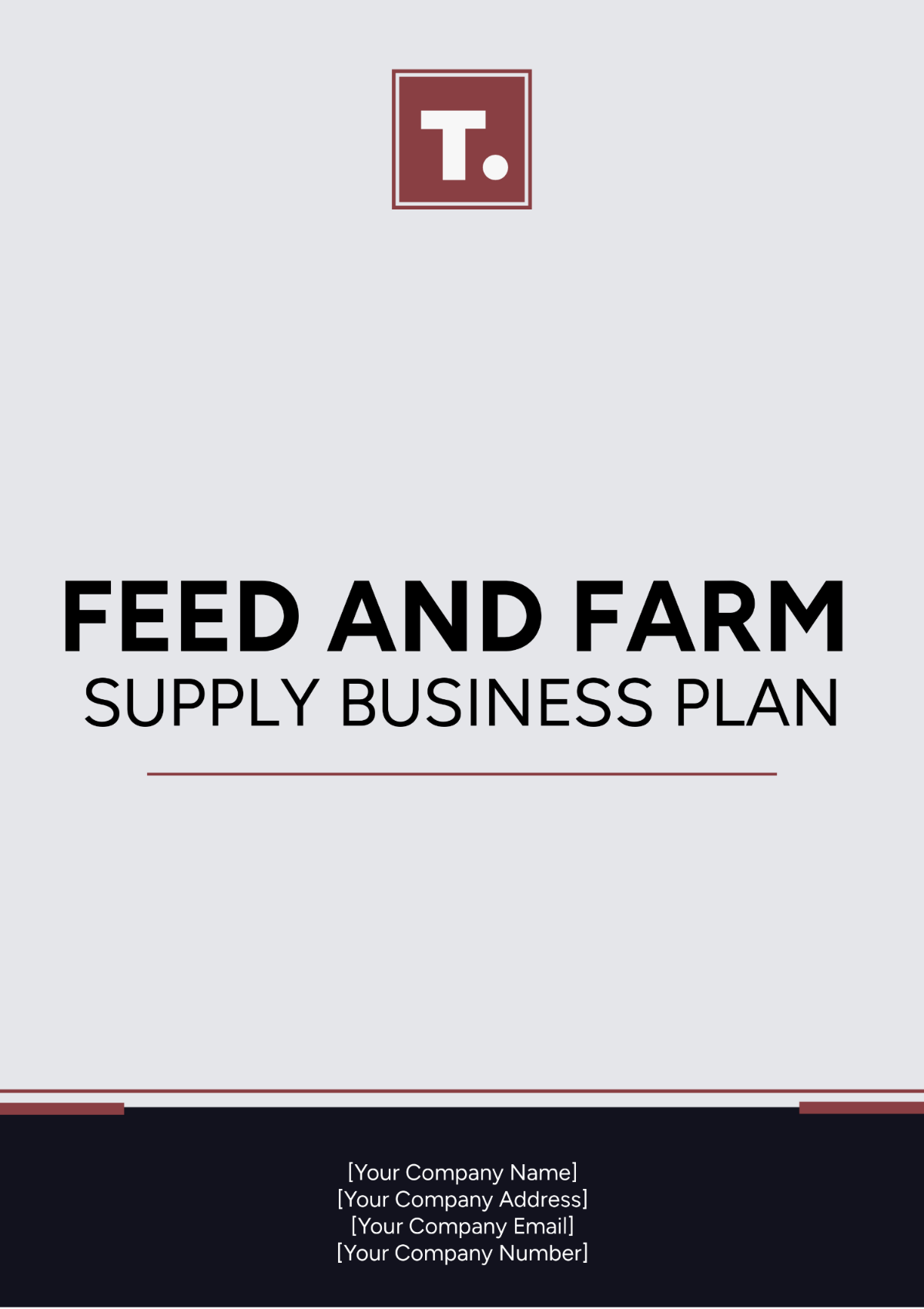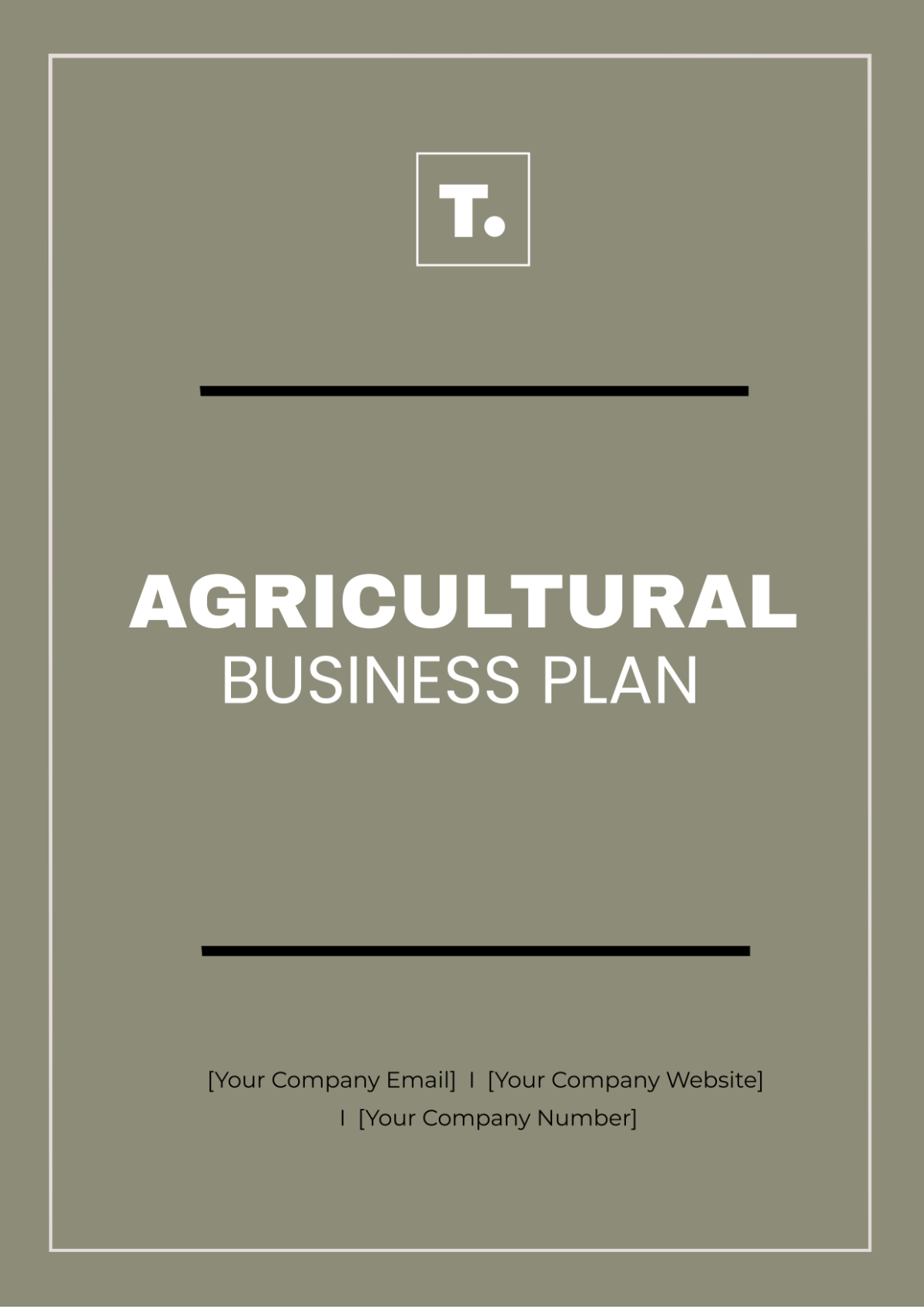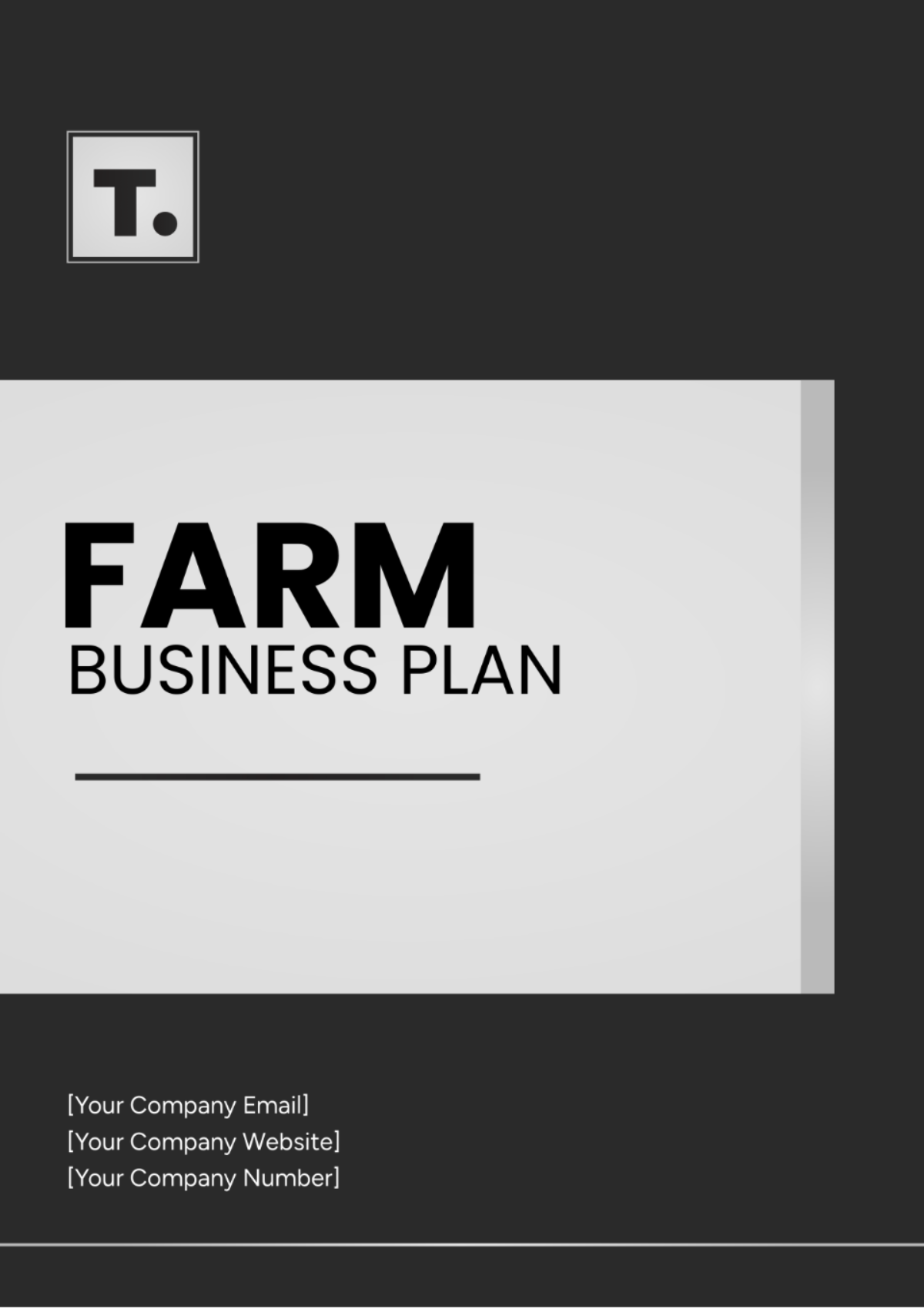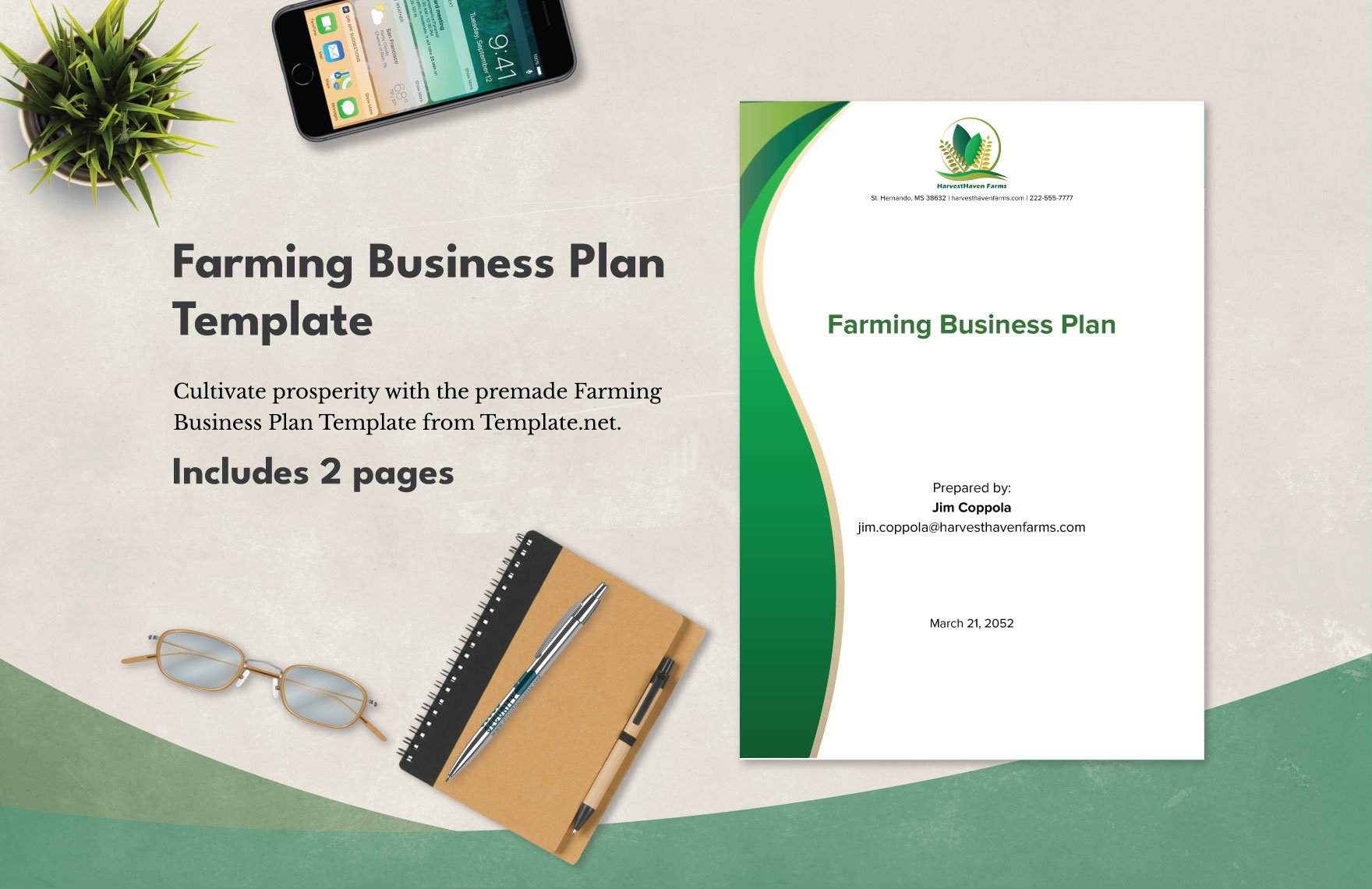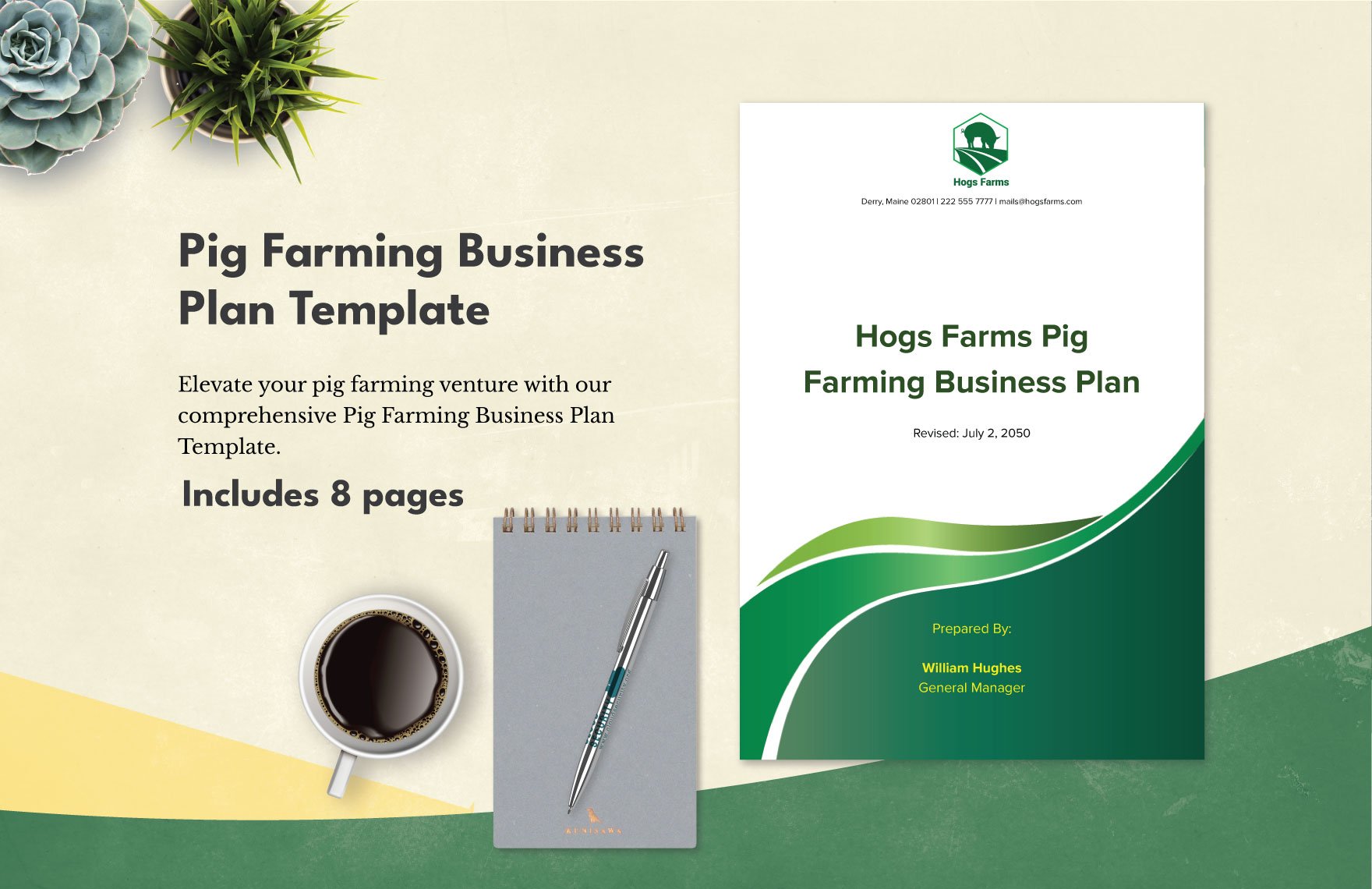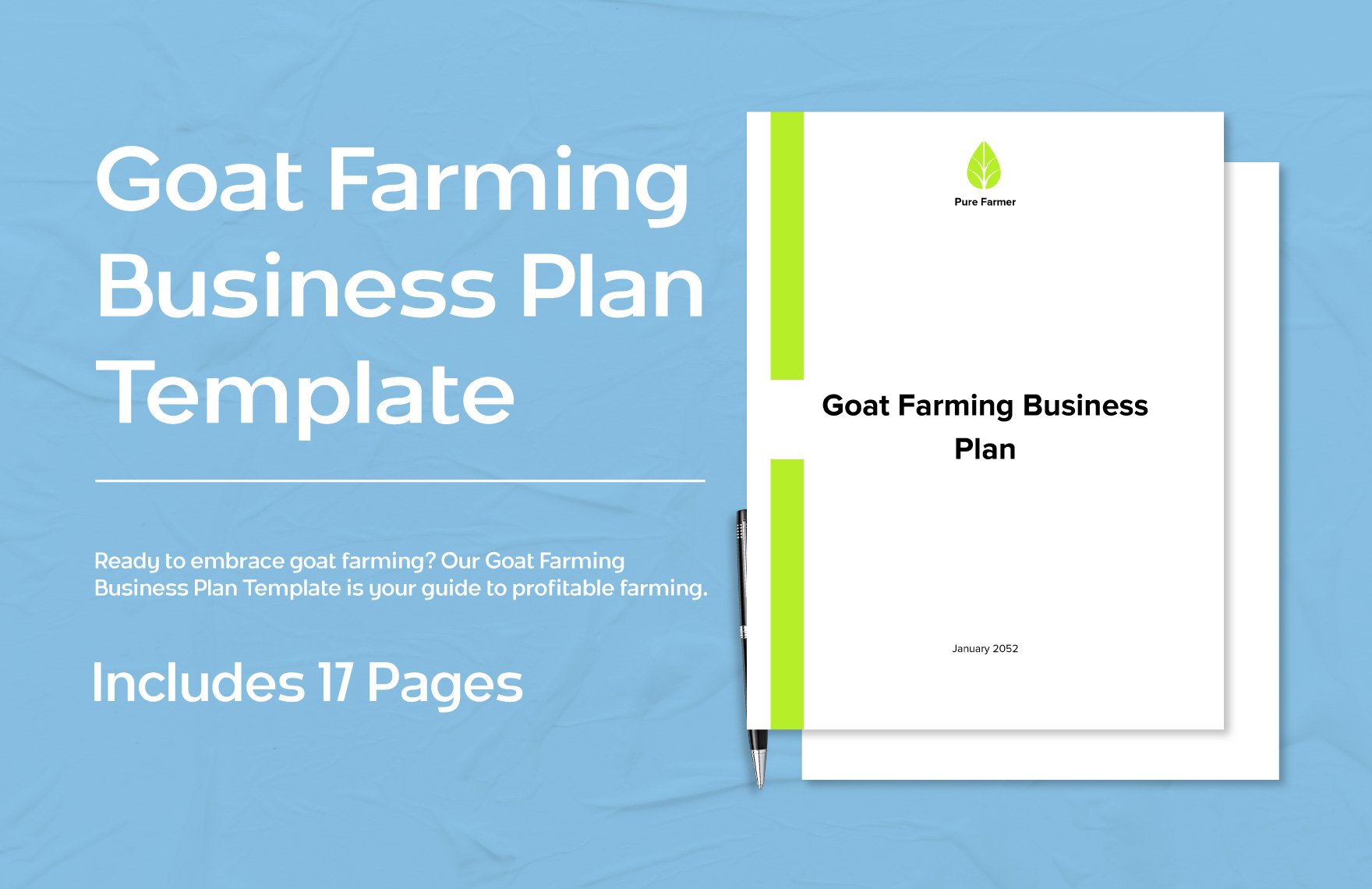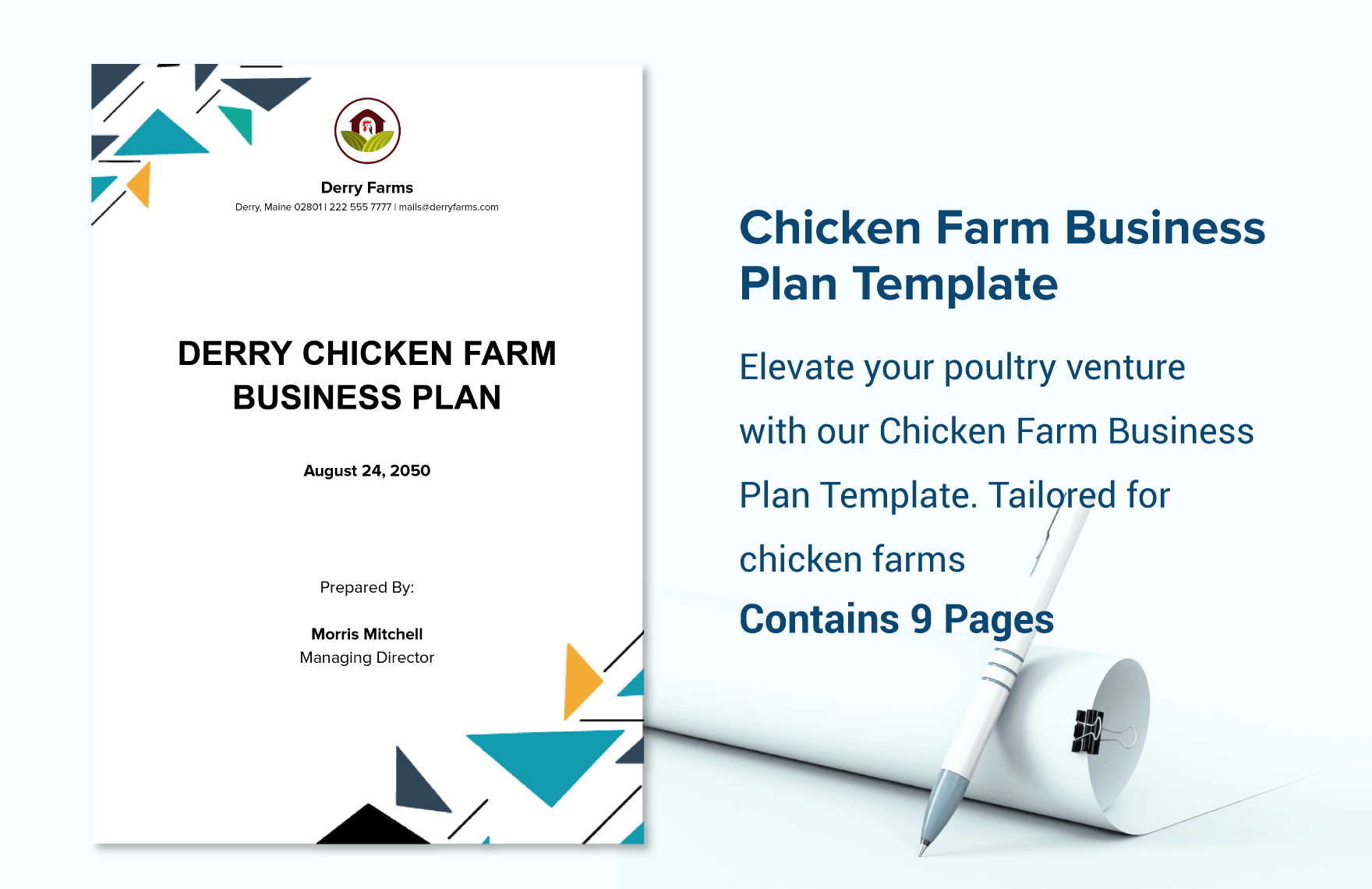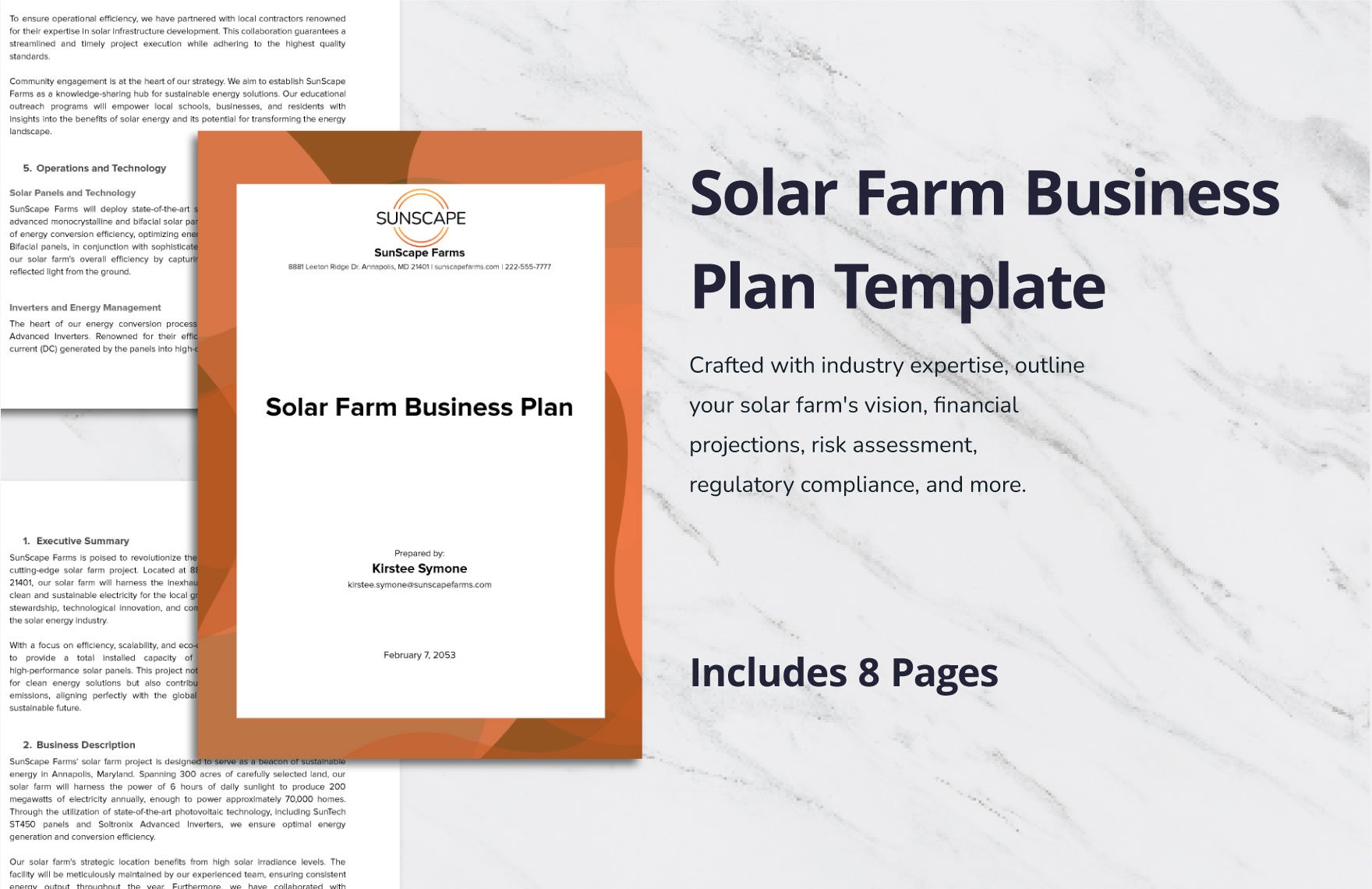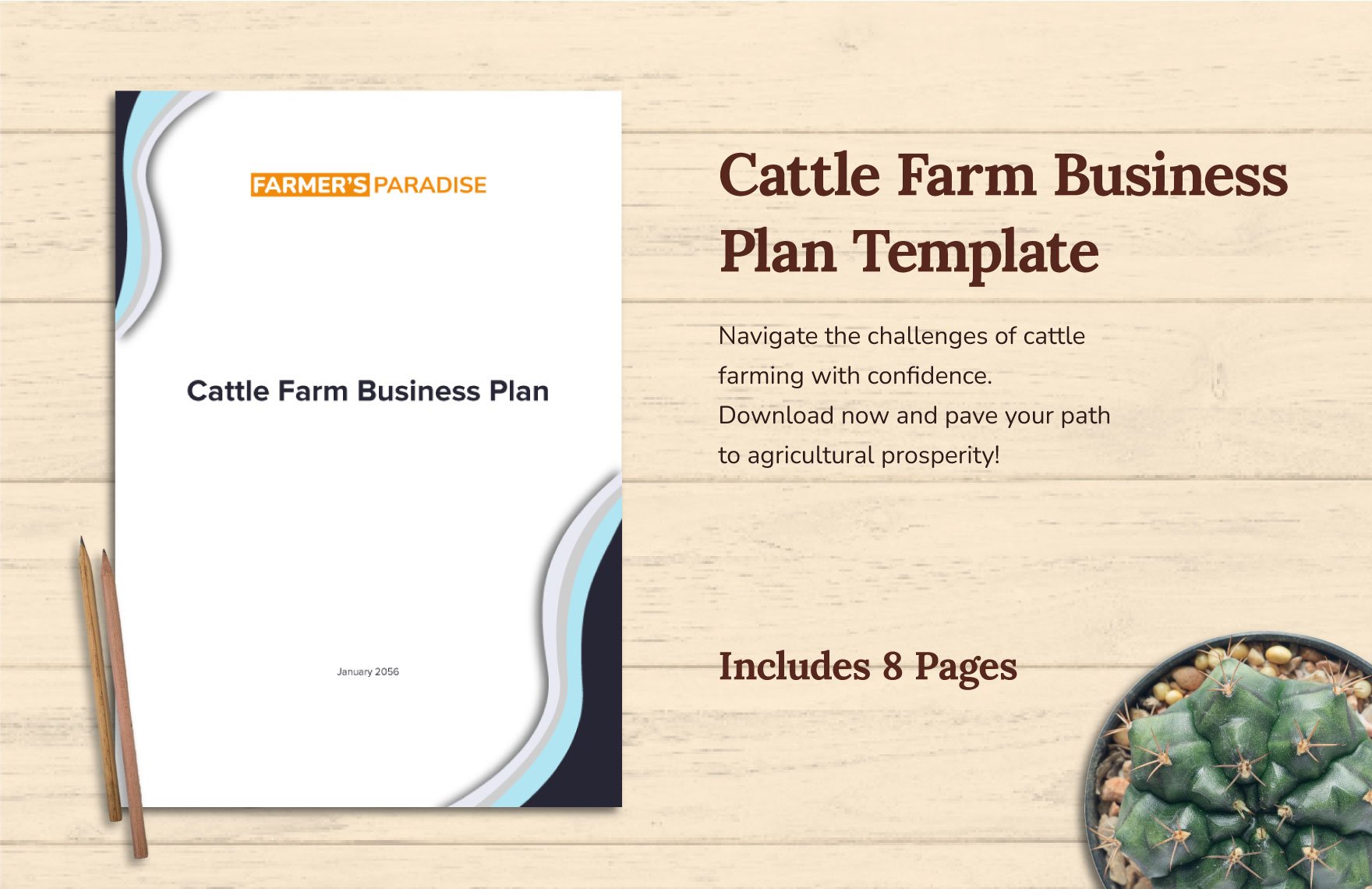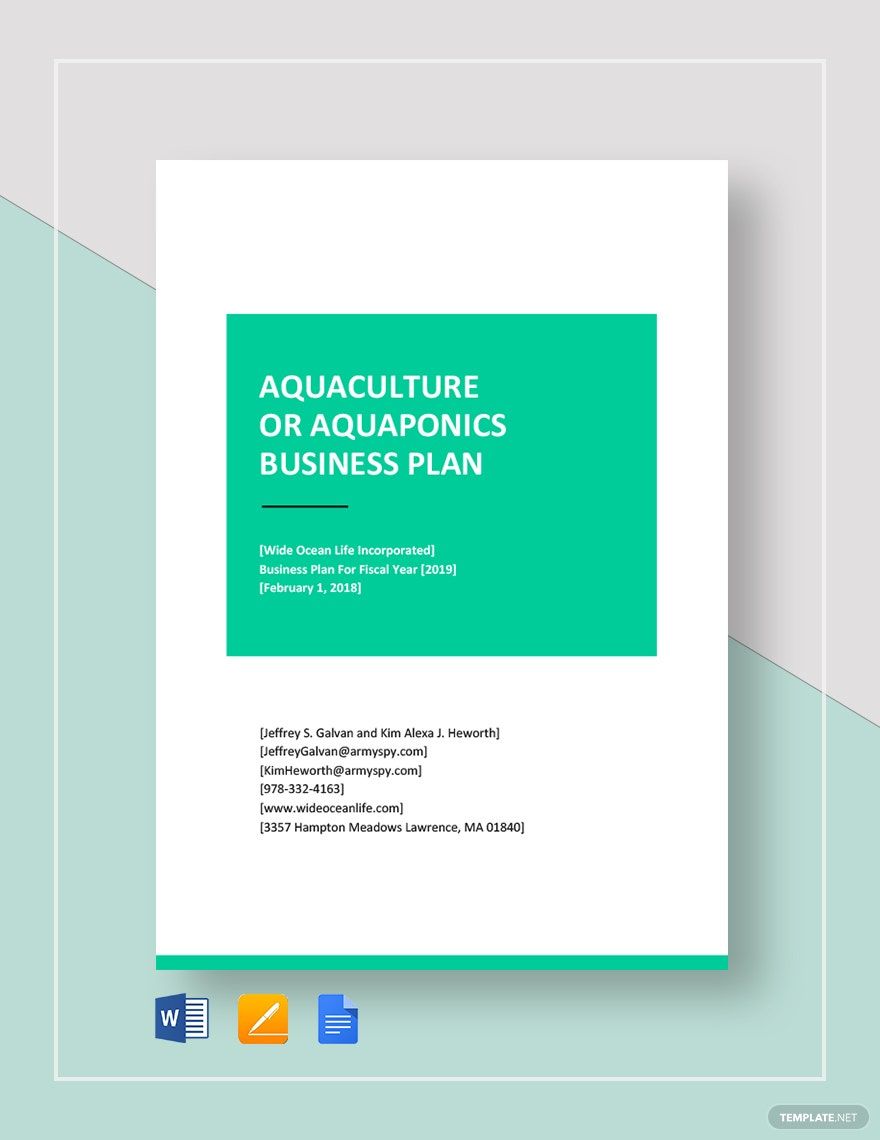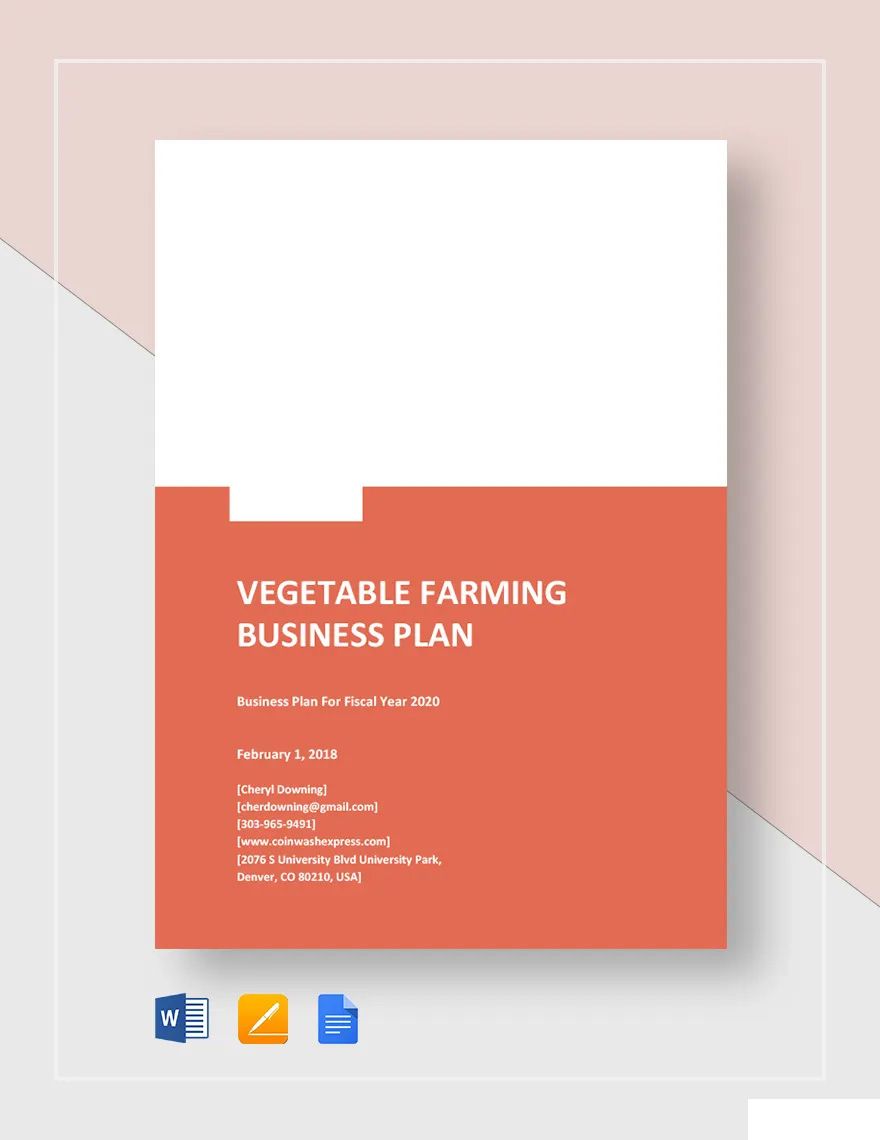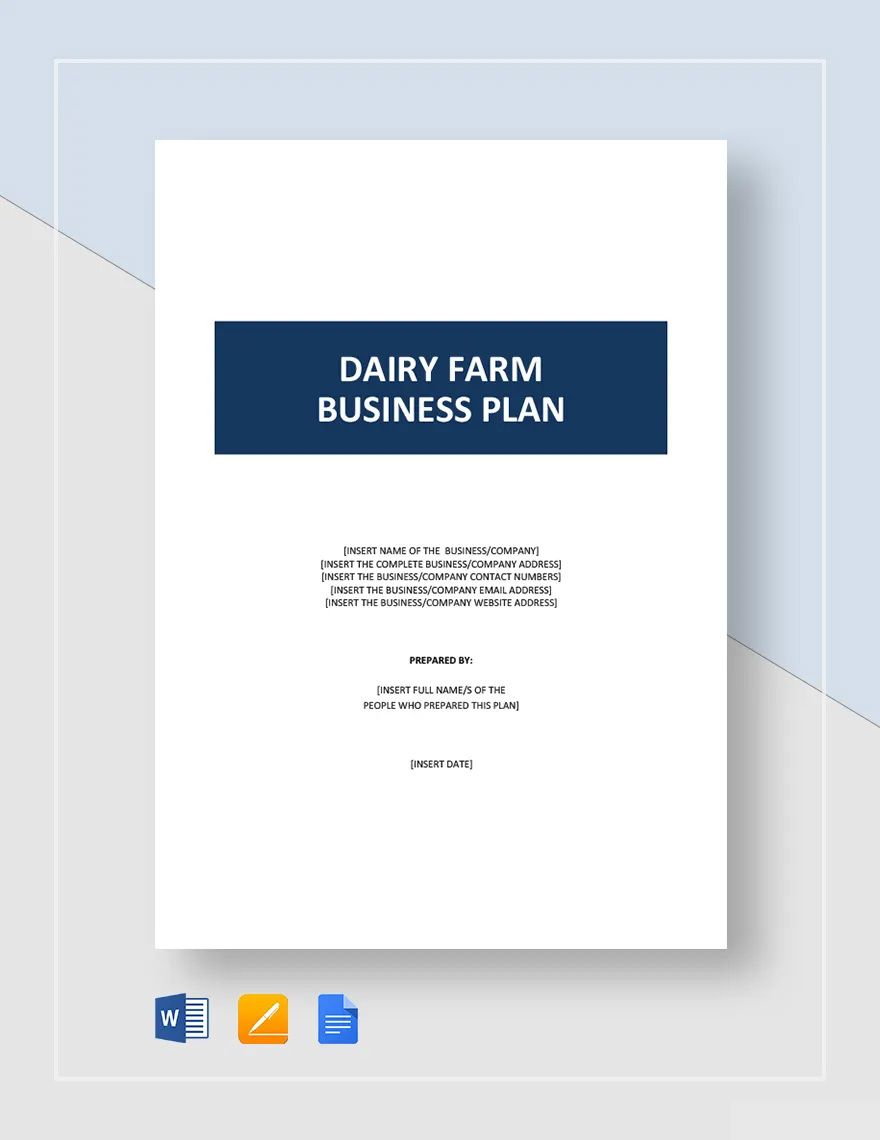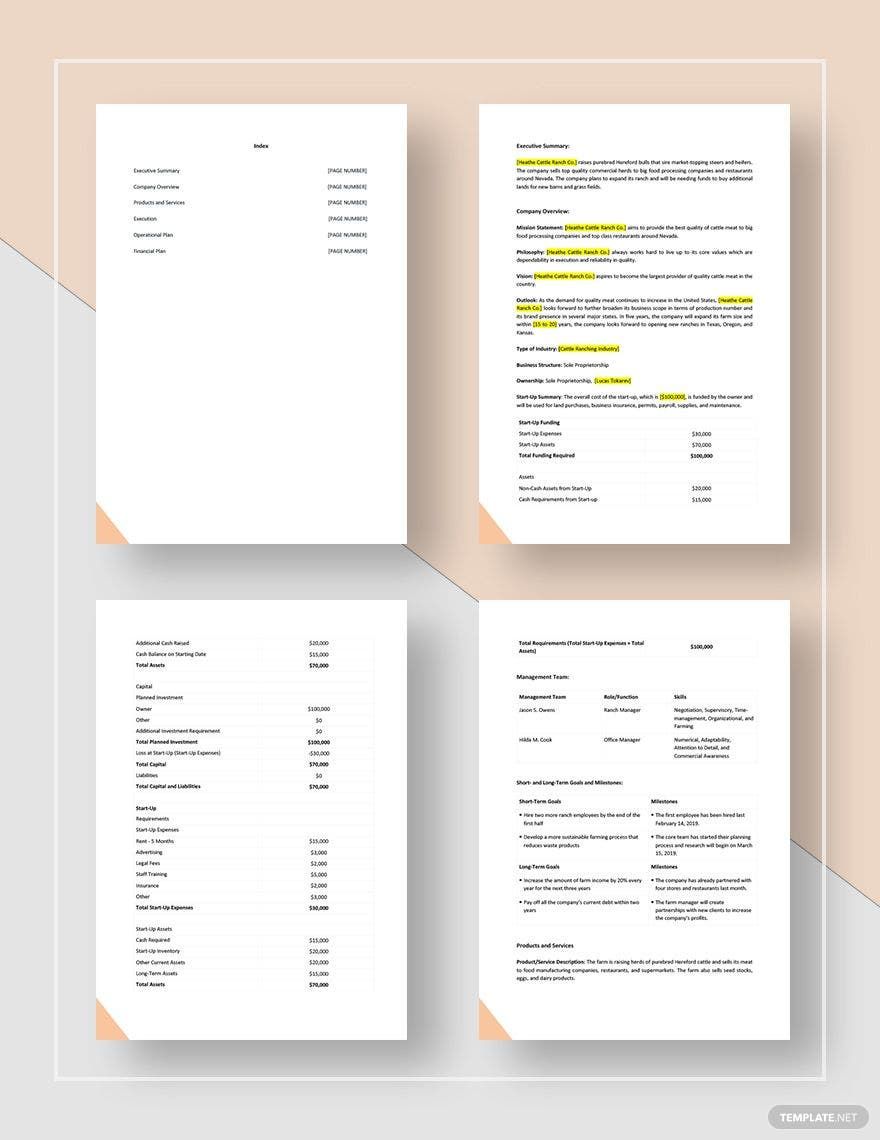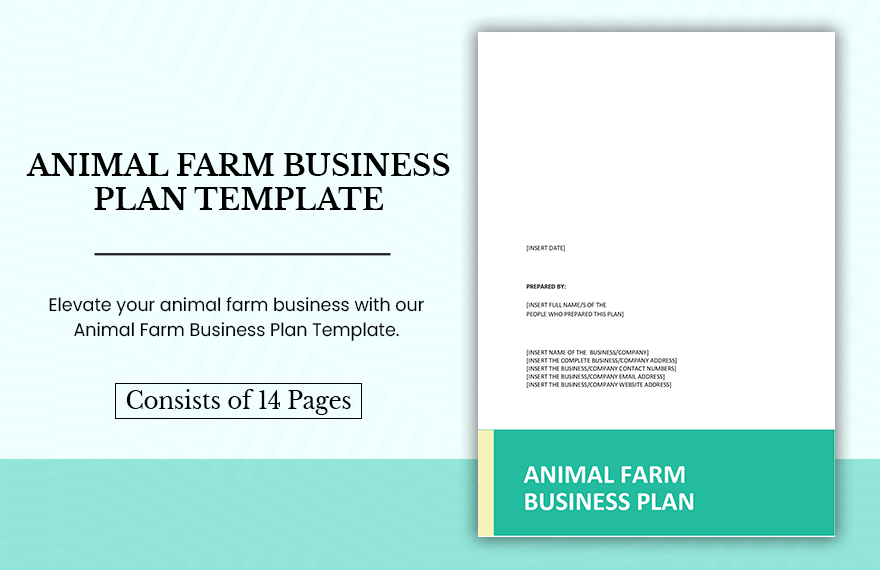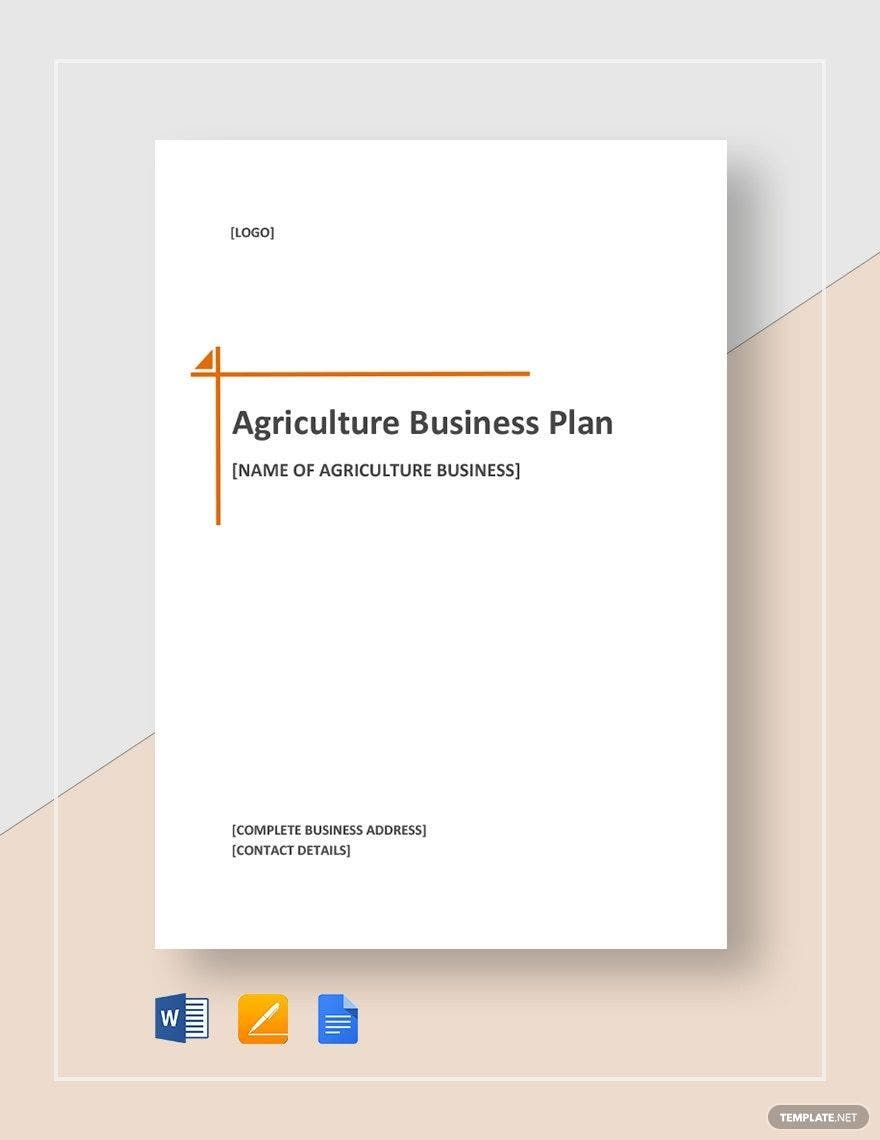Bring Your Farming Business Vision to Life with Farming Business Plan Templates from Template.net
Keep your agribusiness thriving and secure its success with Farming Business Plan Templates designed by Template.net. Perfect for budding farmers and seasoned agriculturists, these templates help you streamline your operations, secure investor interest, and achieve sustainable growth. Whether you're laying out a detailed crop scheduling plan or mapping out financial forecasts for stakeholders, these templates have you covered. With room to include specifics like product timelines, market analysis, and income predictions, you can ensure vital information is communicated clearly and professionally. And the best part? No specialized skills are required to make use of these ready-made, expertly crafted templates. Customize print-ready layouts for presentations or digital proposals, empowering you to save time and present your farming business plan with confidence.
Discover the many Farming Business Plan Templates we have on hand tailored to fit various agricultural sectors. Start by choosing a template that aligns with your business needs, easily swap out placeholder text and images with your own content, and fine-tune the colors and fonts to match your brand identity. Bring your plans to life with interactive elements by dragging and dropping icons, adding professional graphics, or utilizing AI-powered text tools for enhanced readability. The possibilities are endless and entirely skill-free, making it enjoyable to create a compelling business plan. Plus, with our regularly updated templates, you’ll always have fresh design options at your disposal. When you’re finished crafting, download your plan in multiple formats or share via a direct link, email, or print options, perfect for reaching broader audiences and potential investors.

